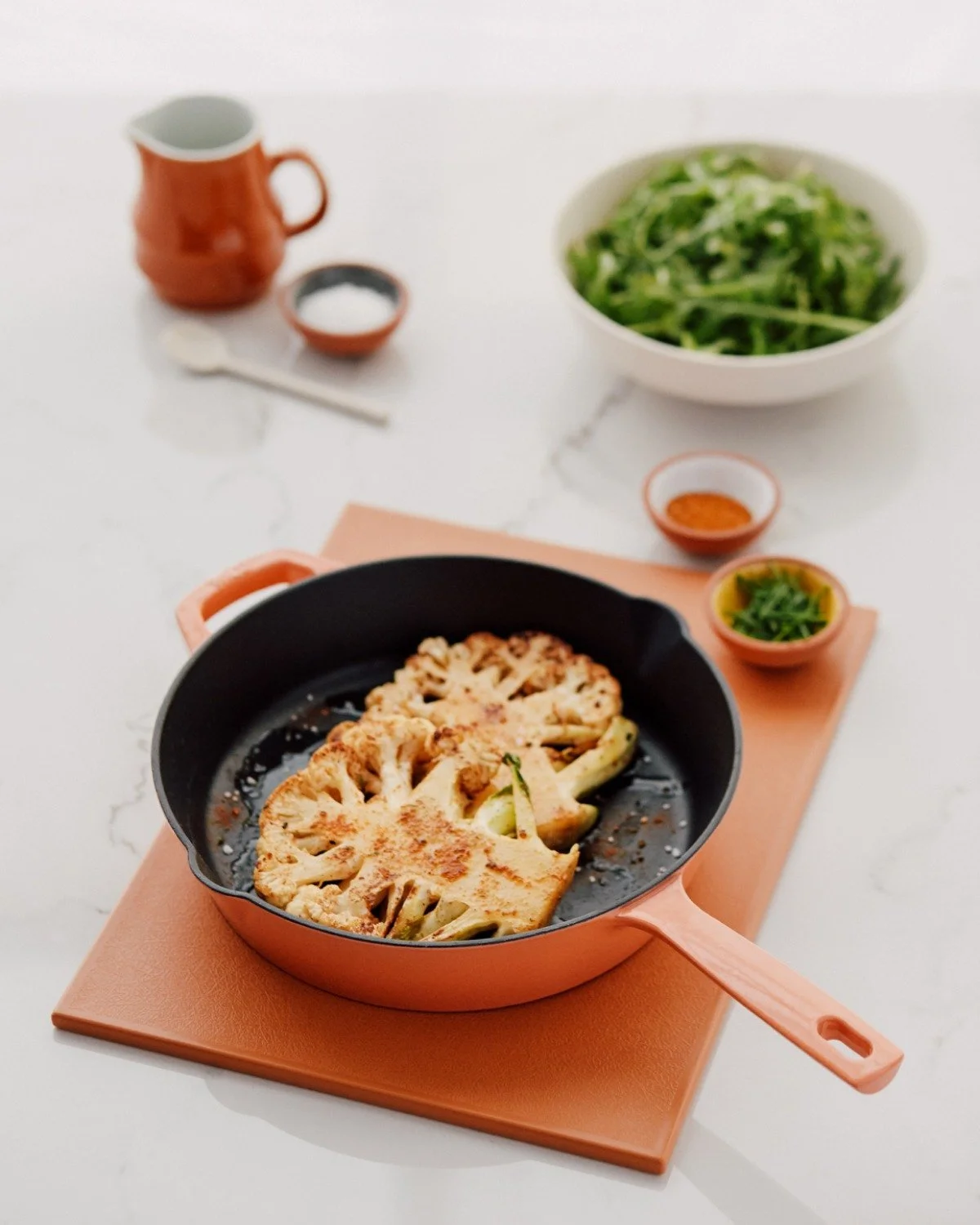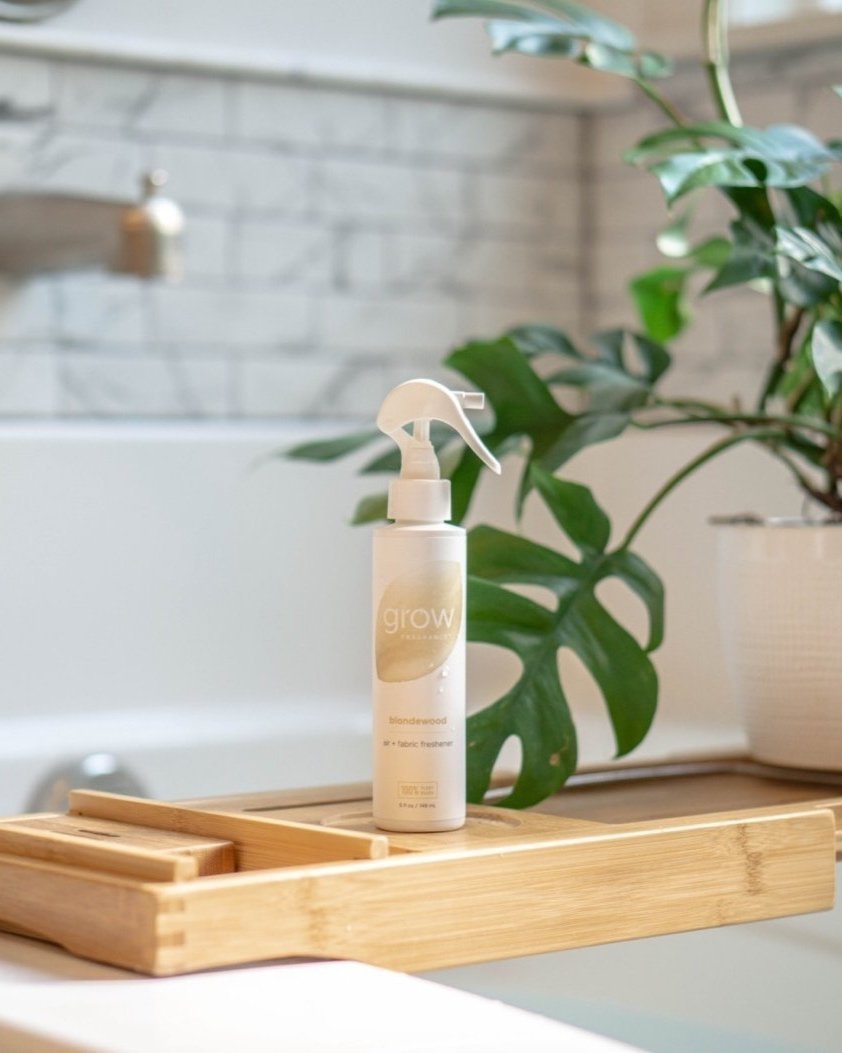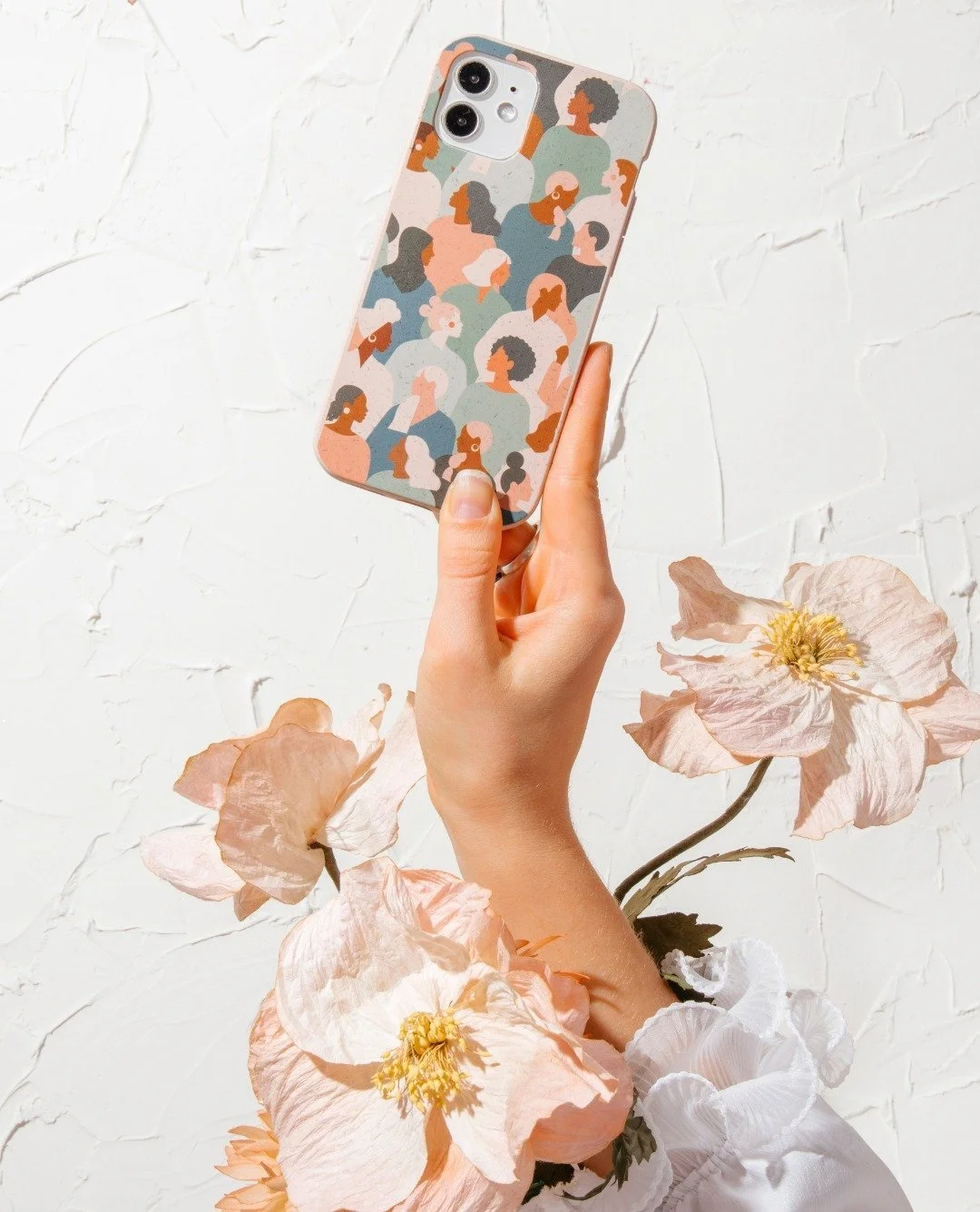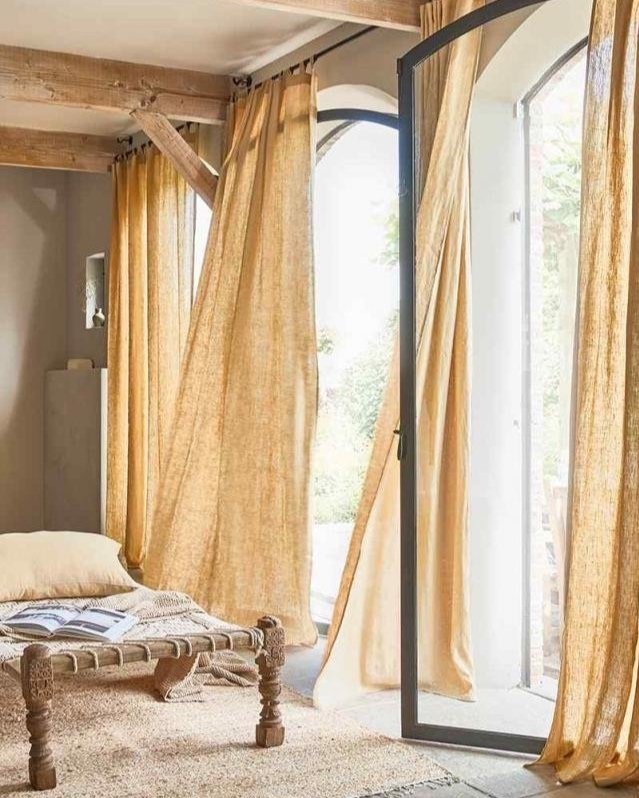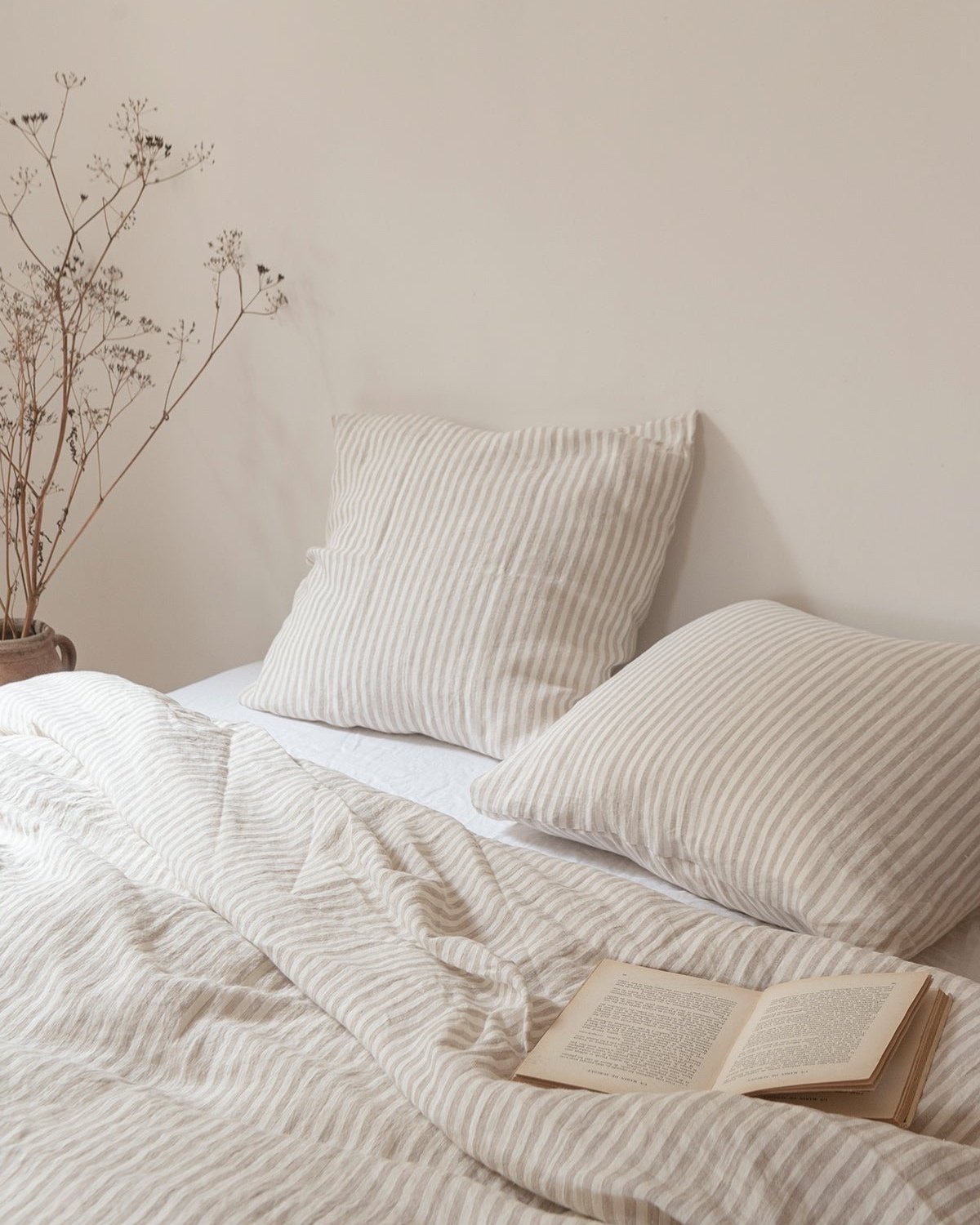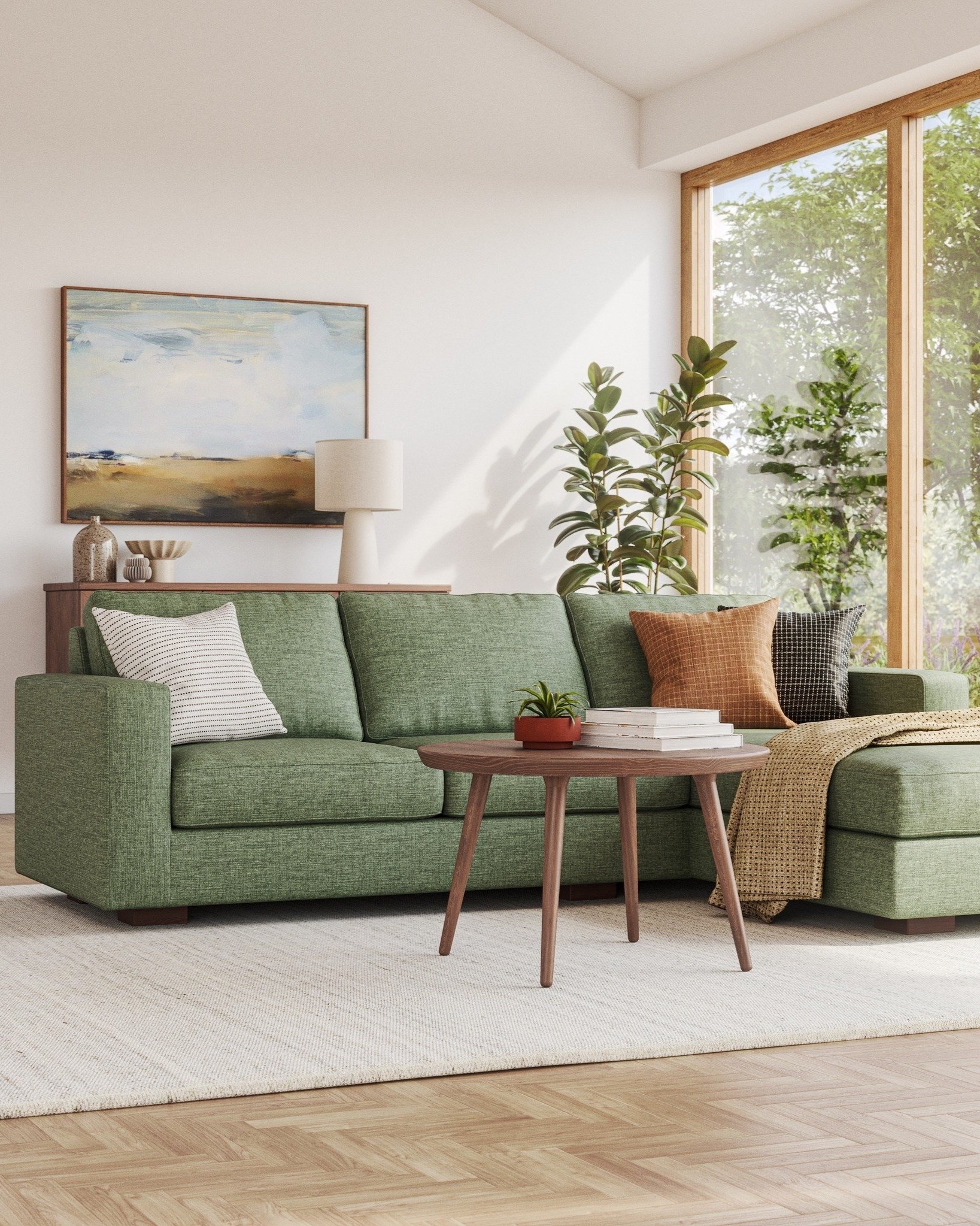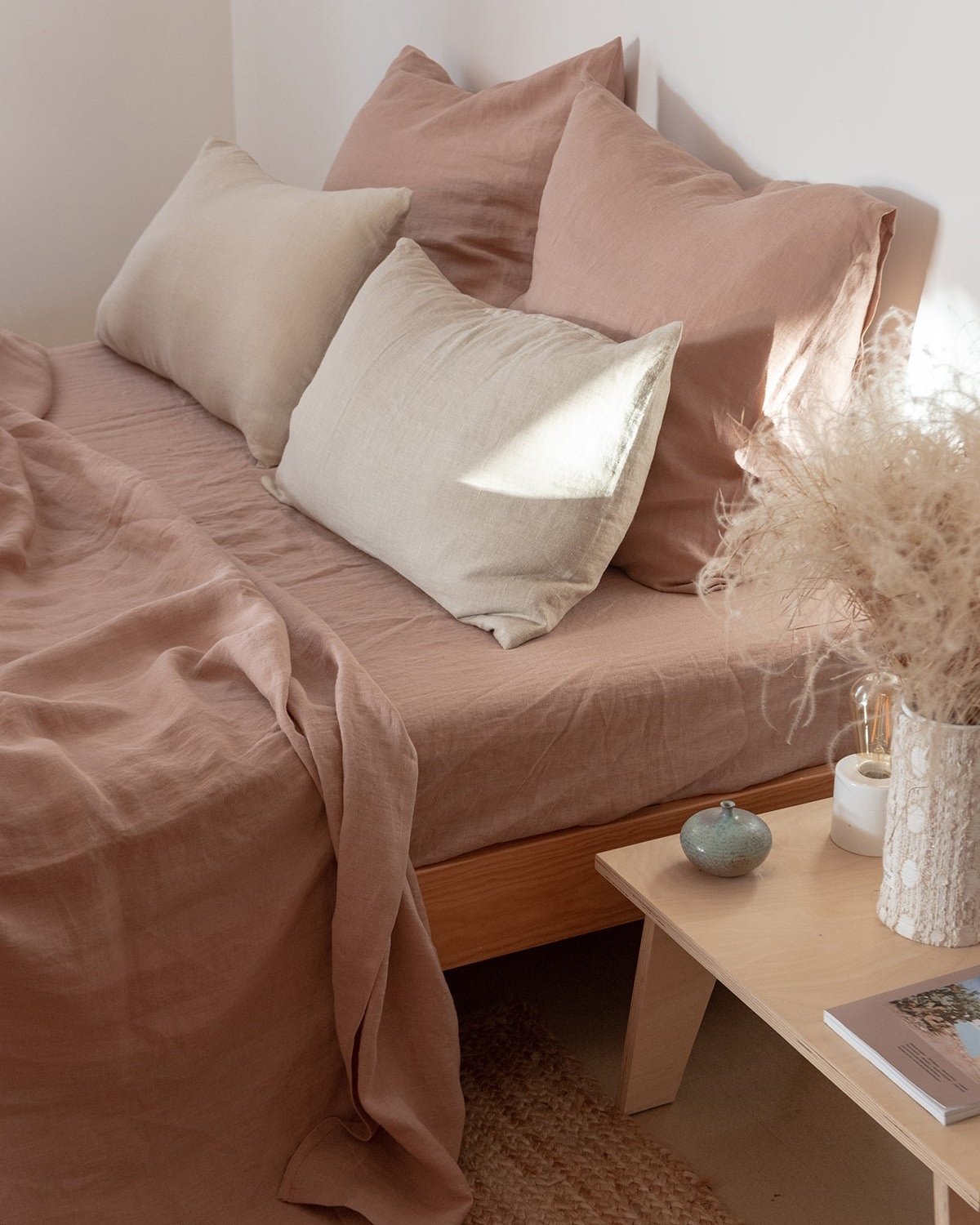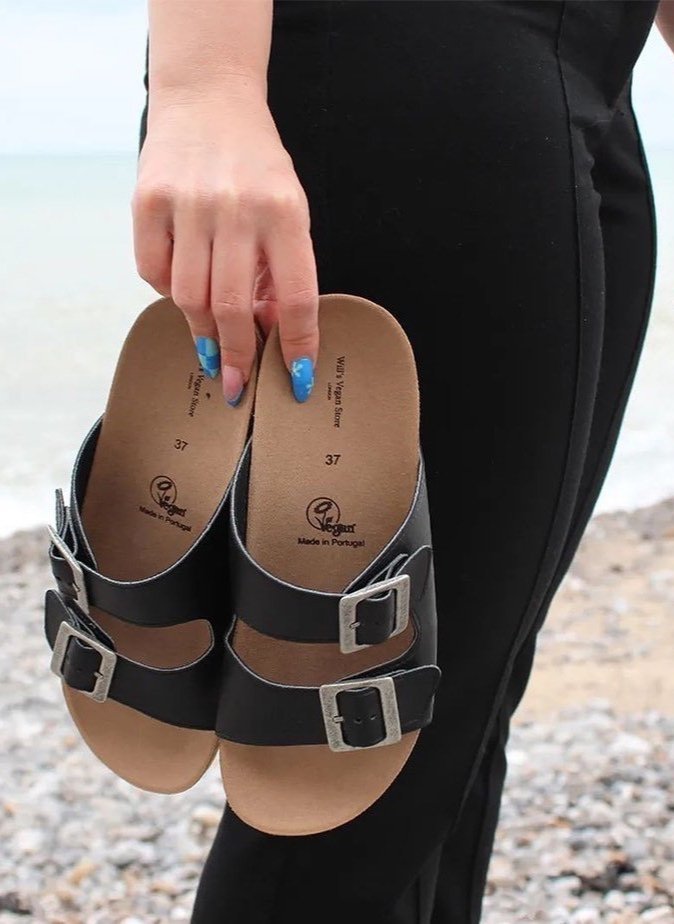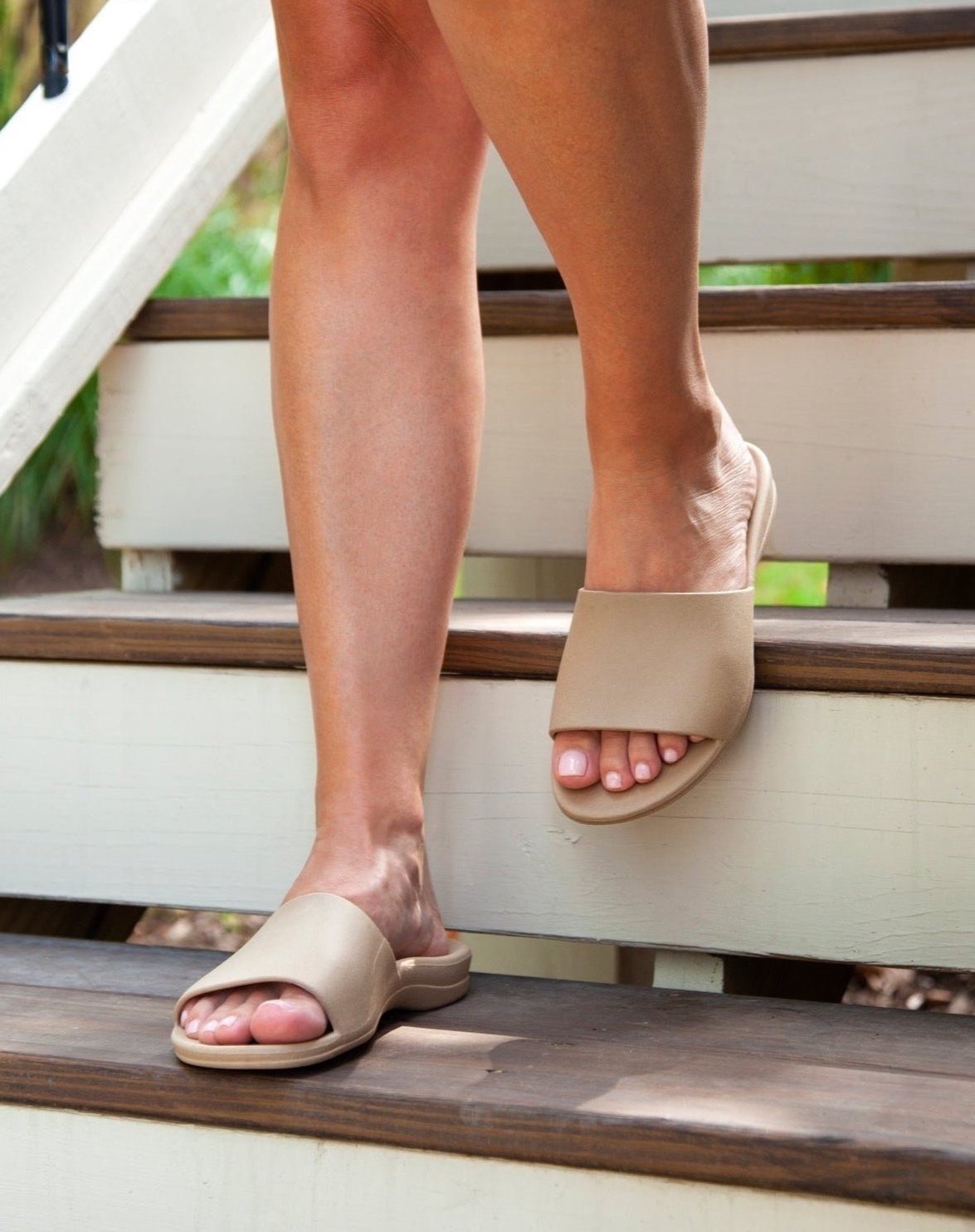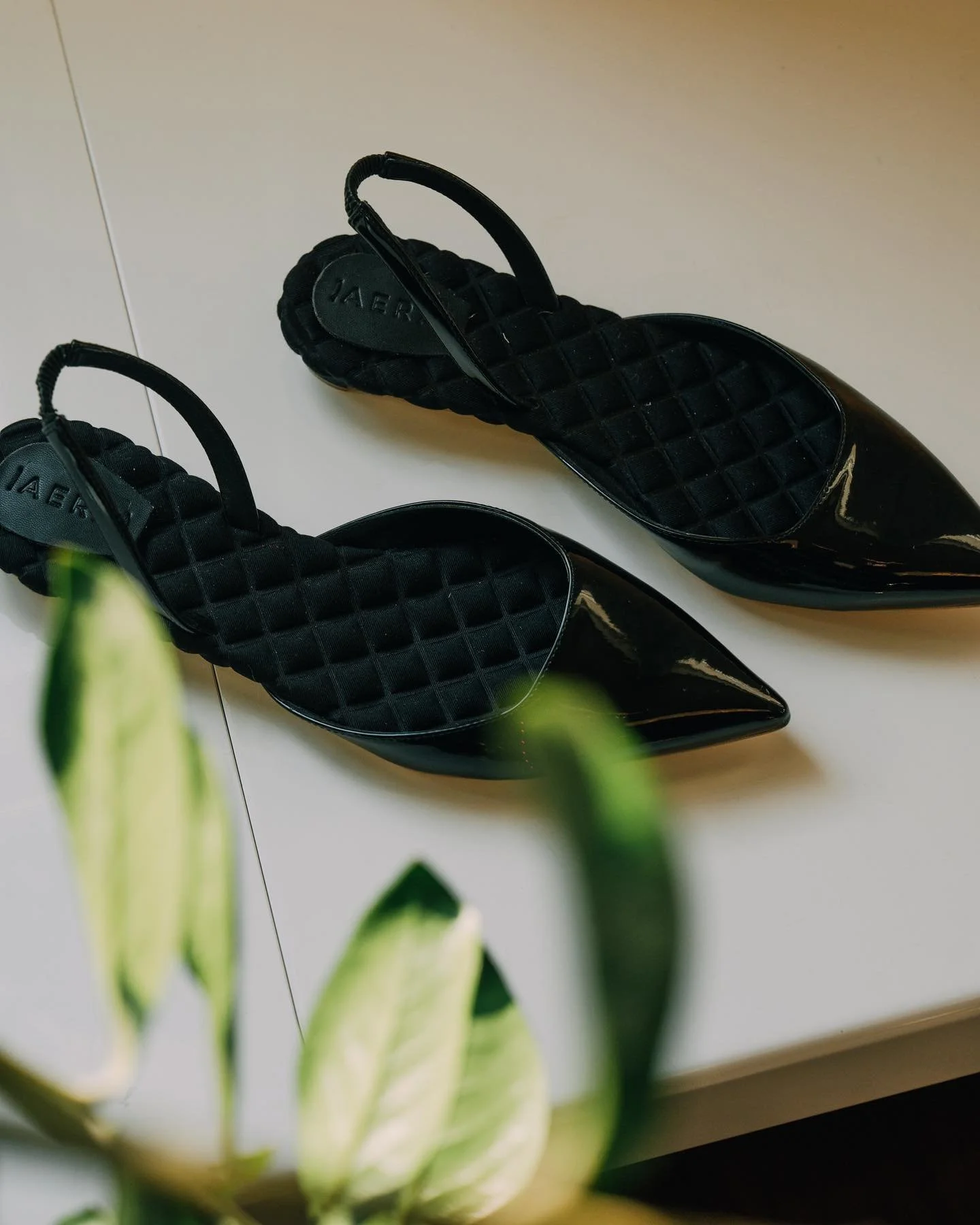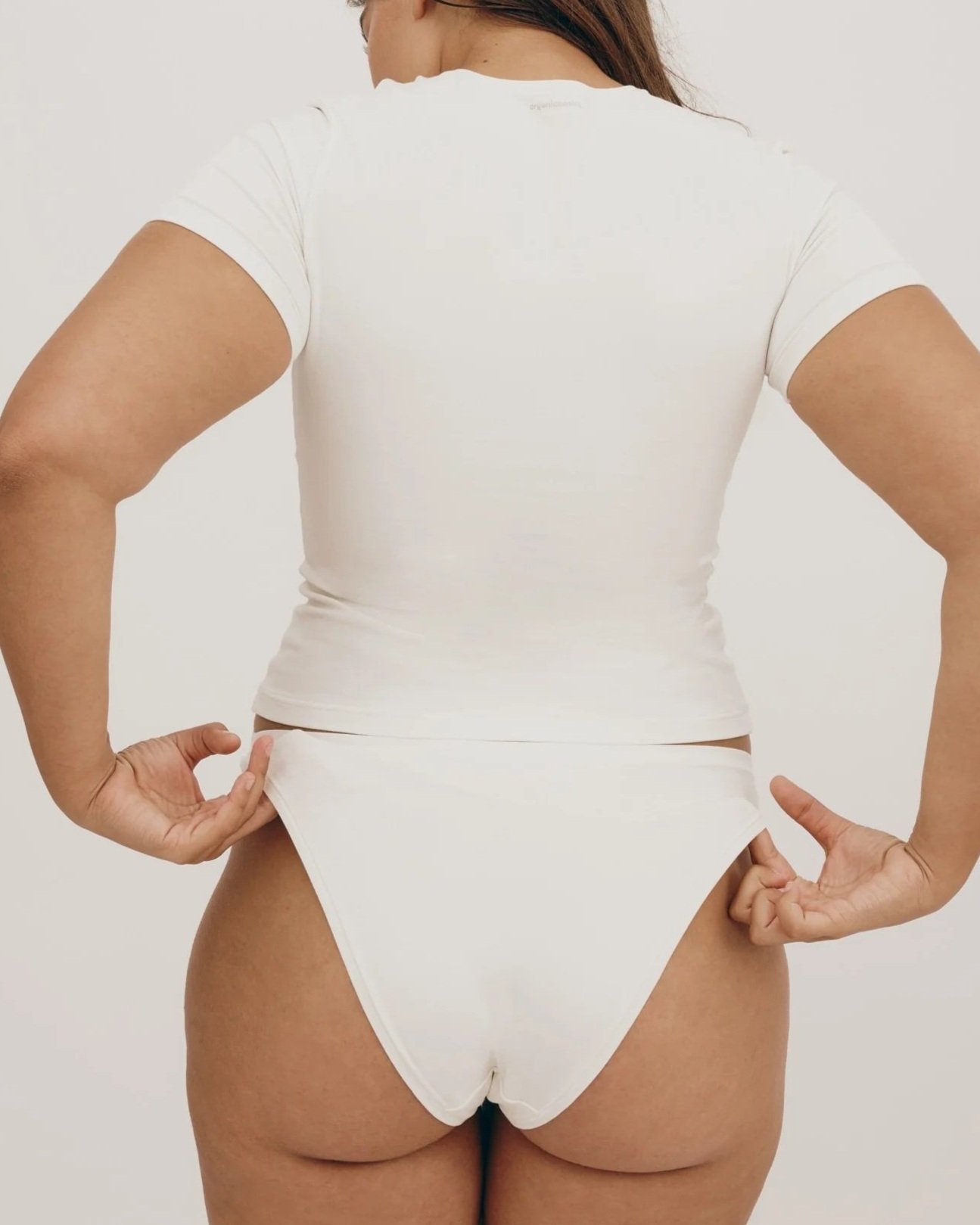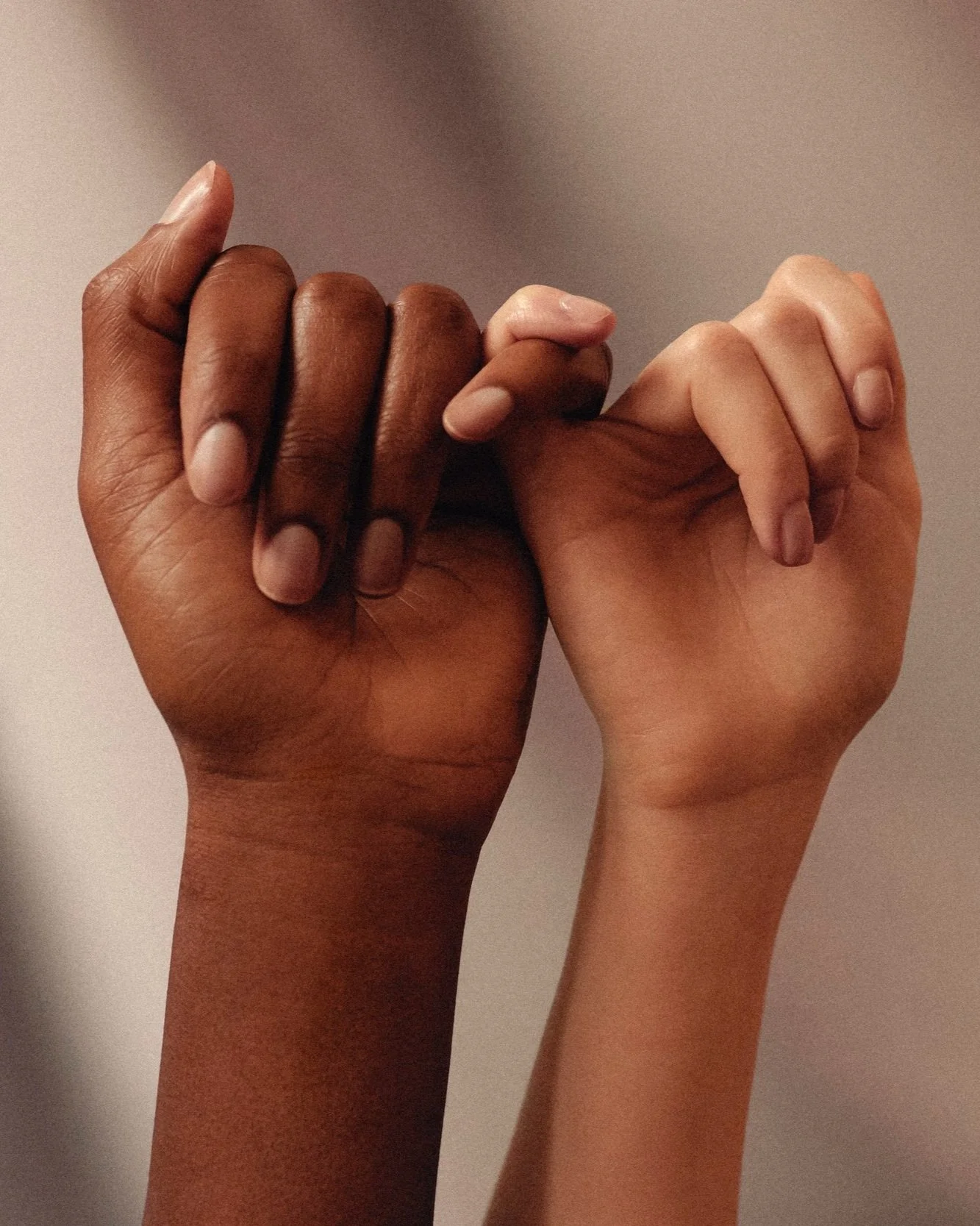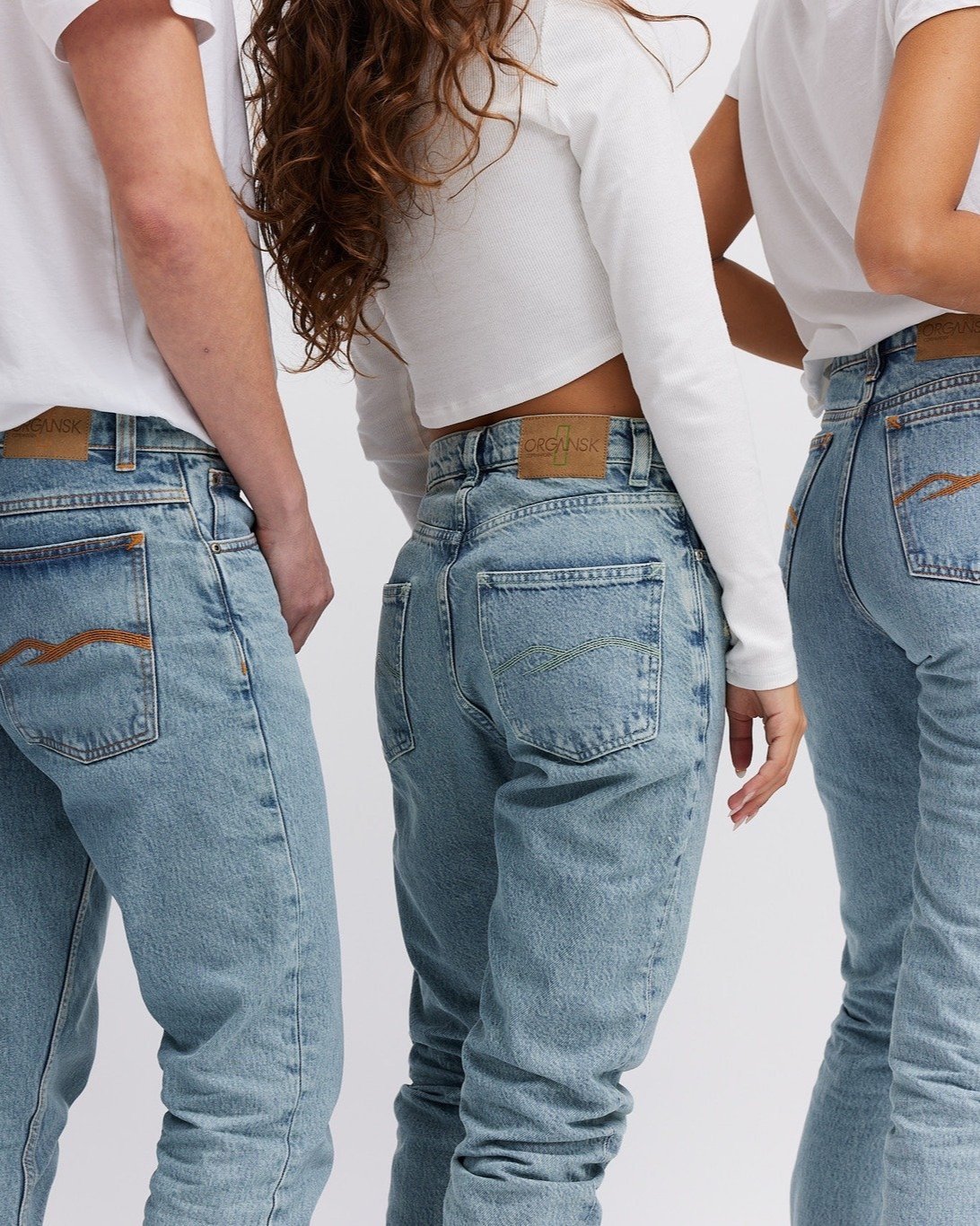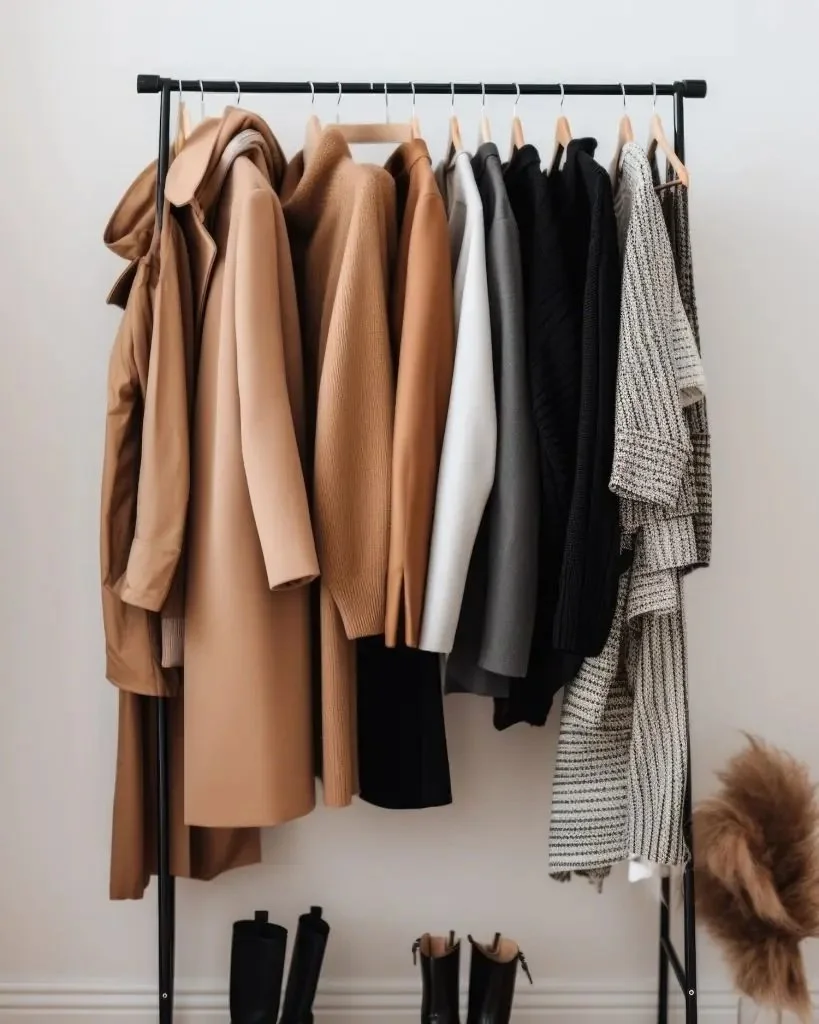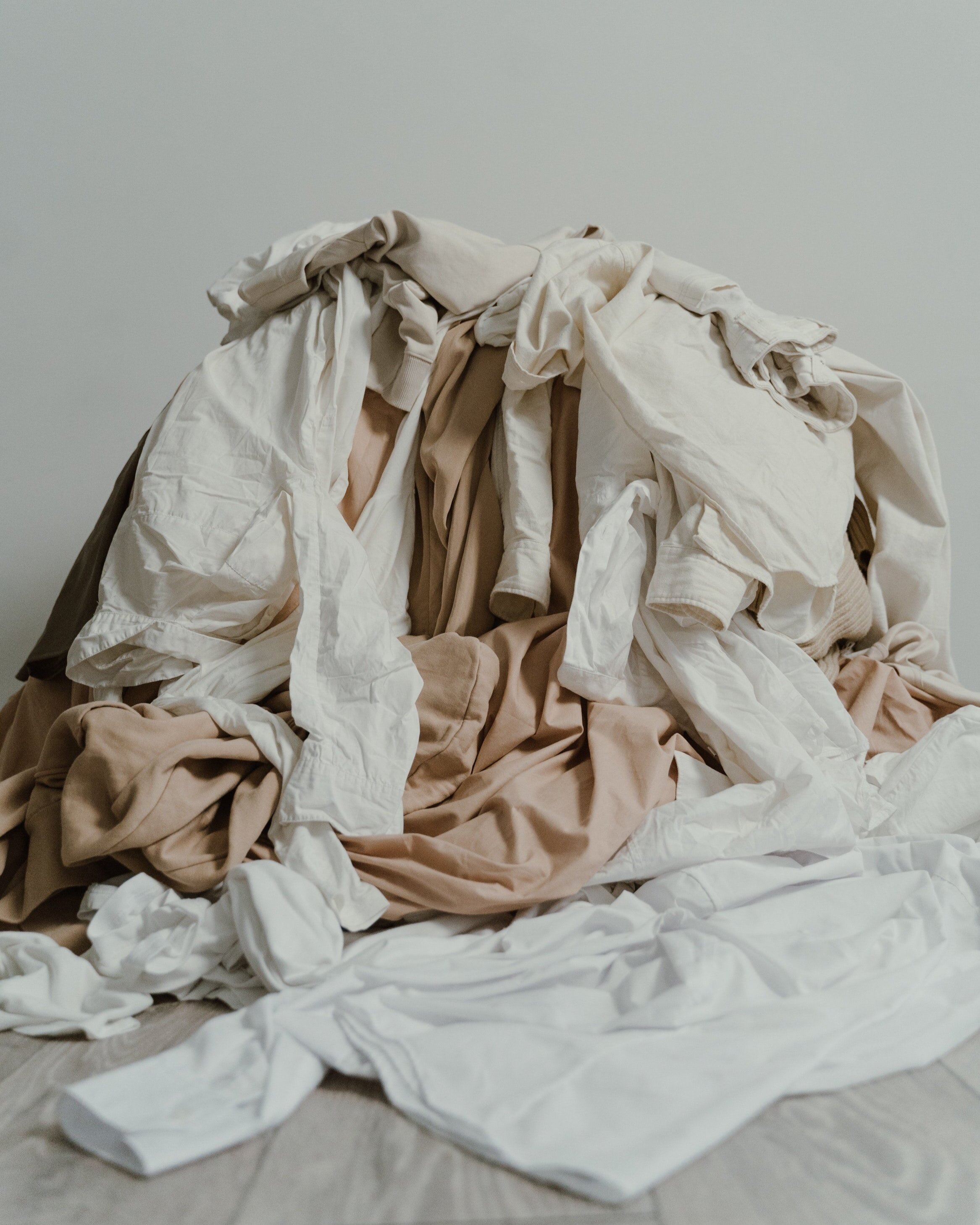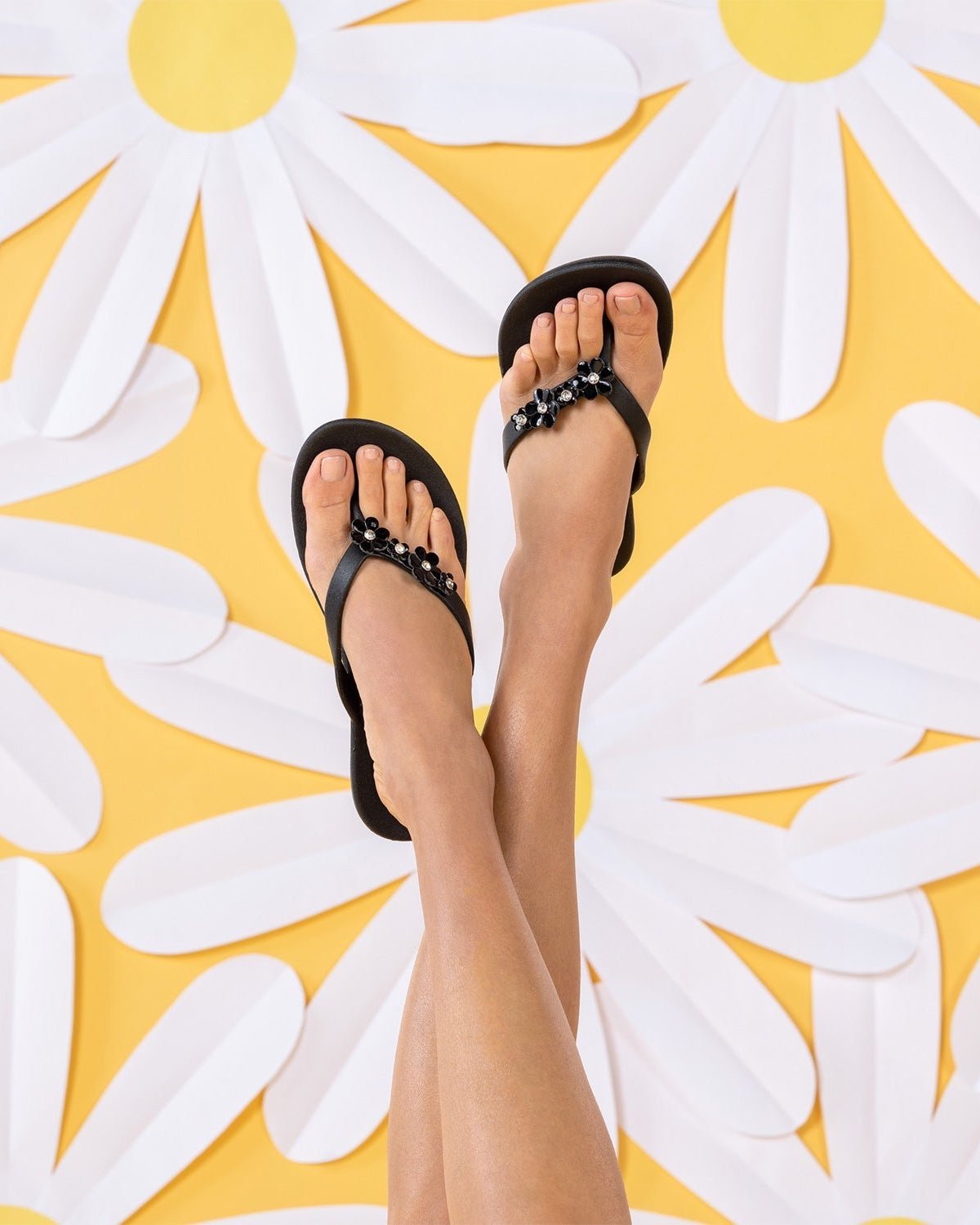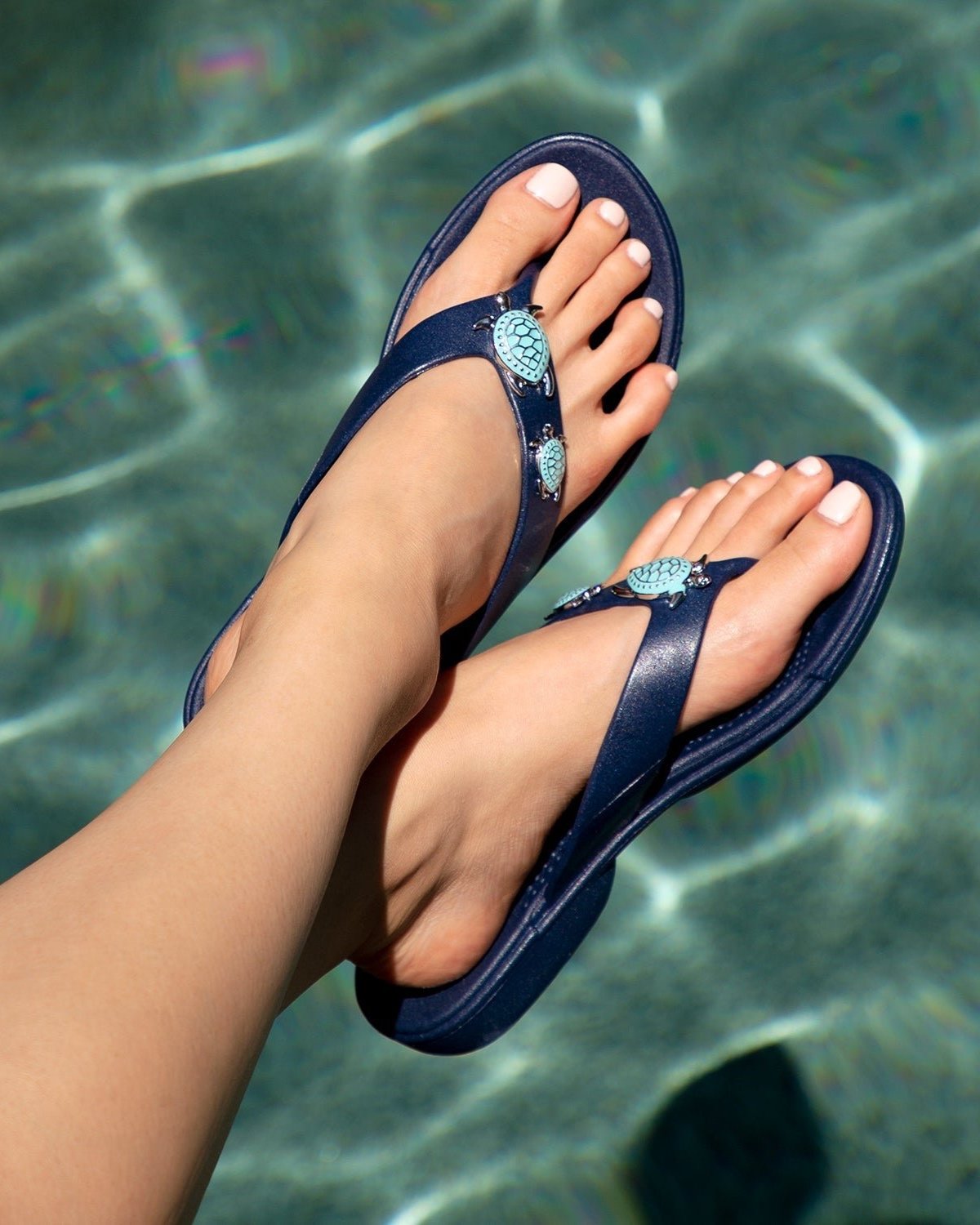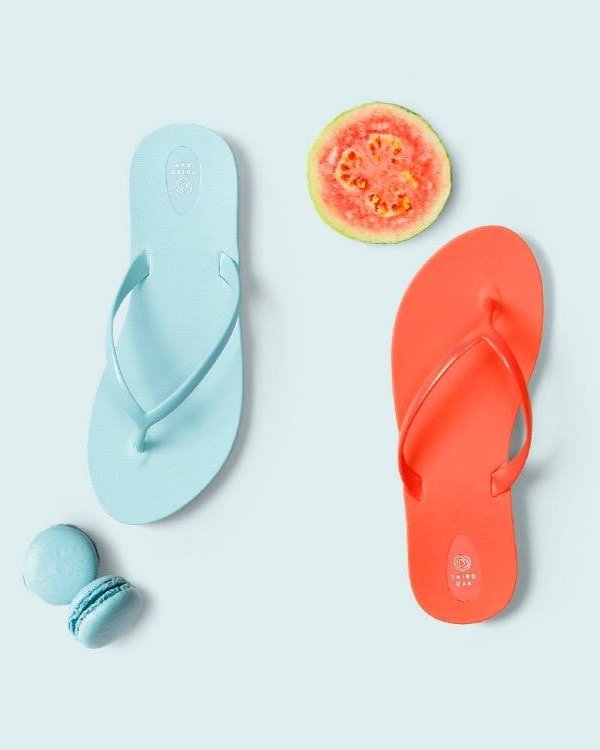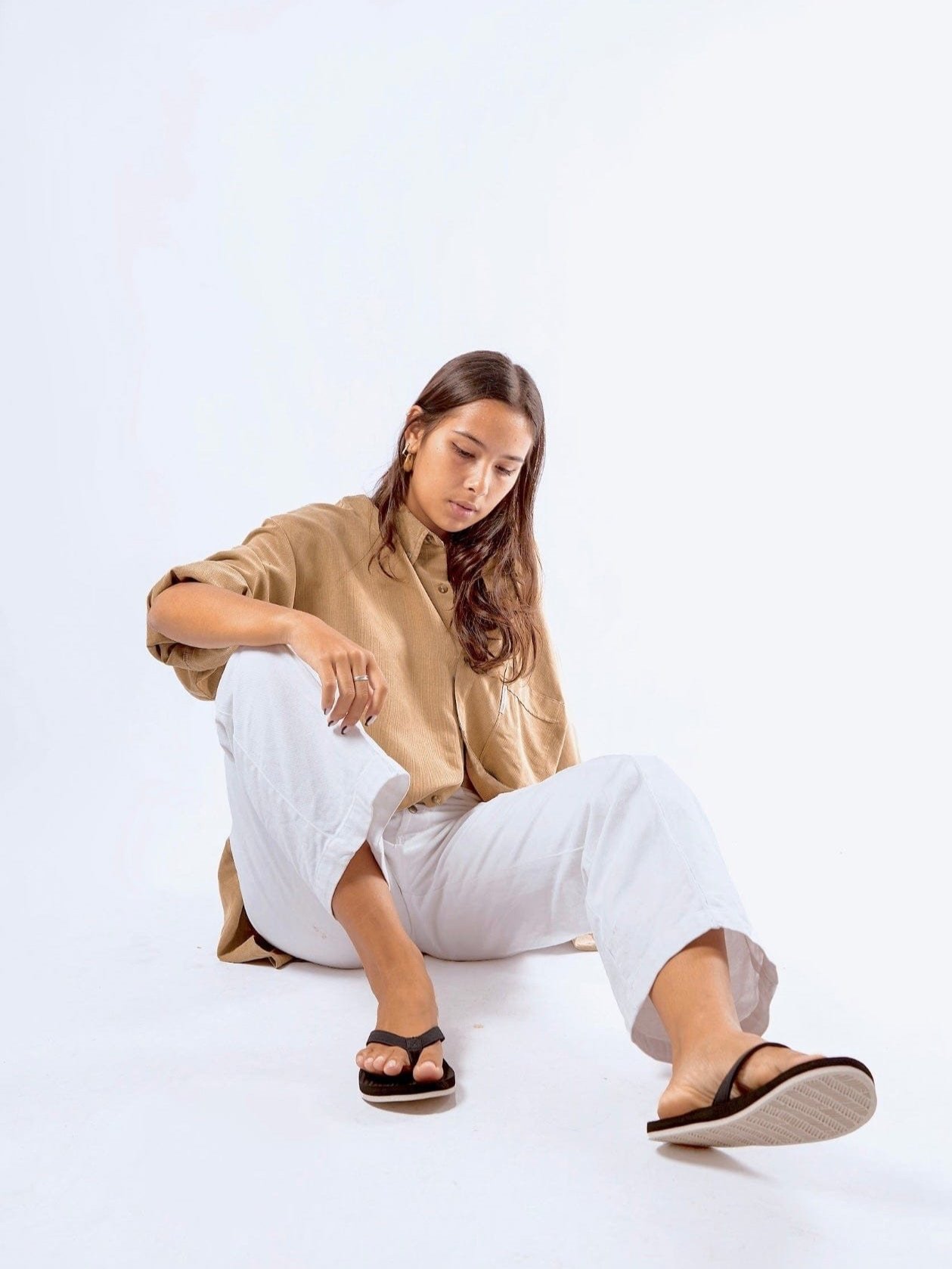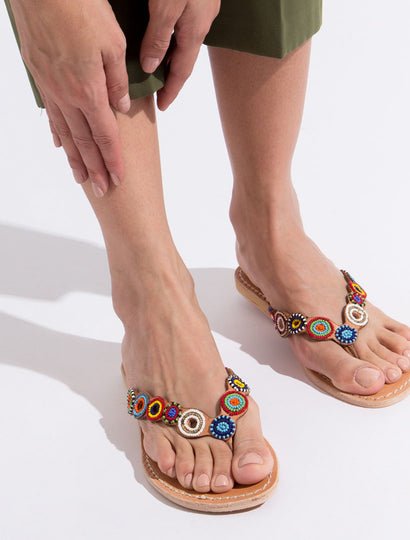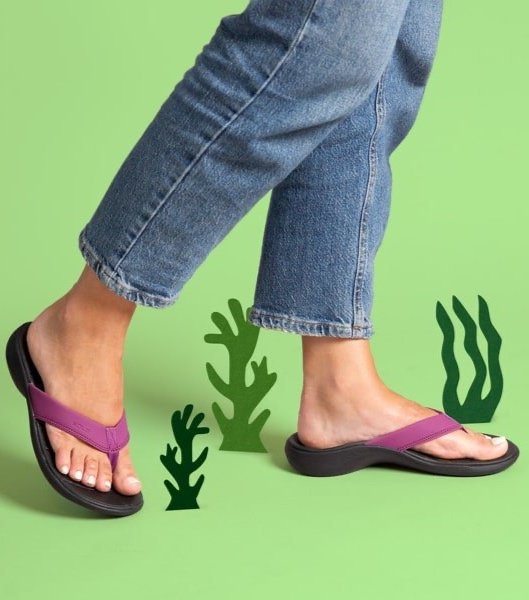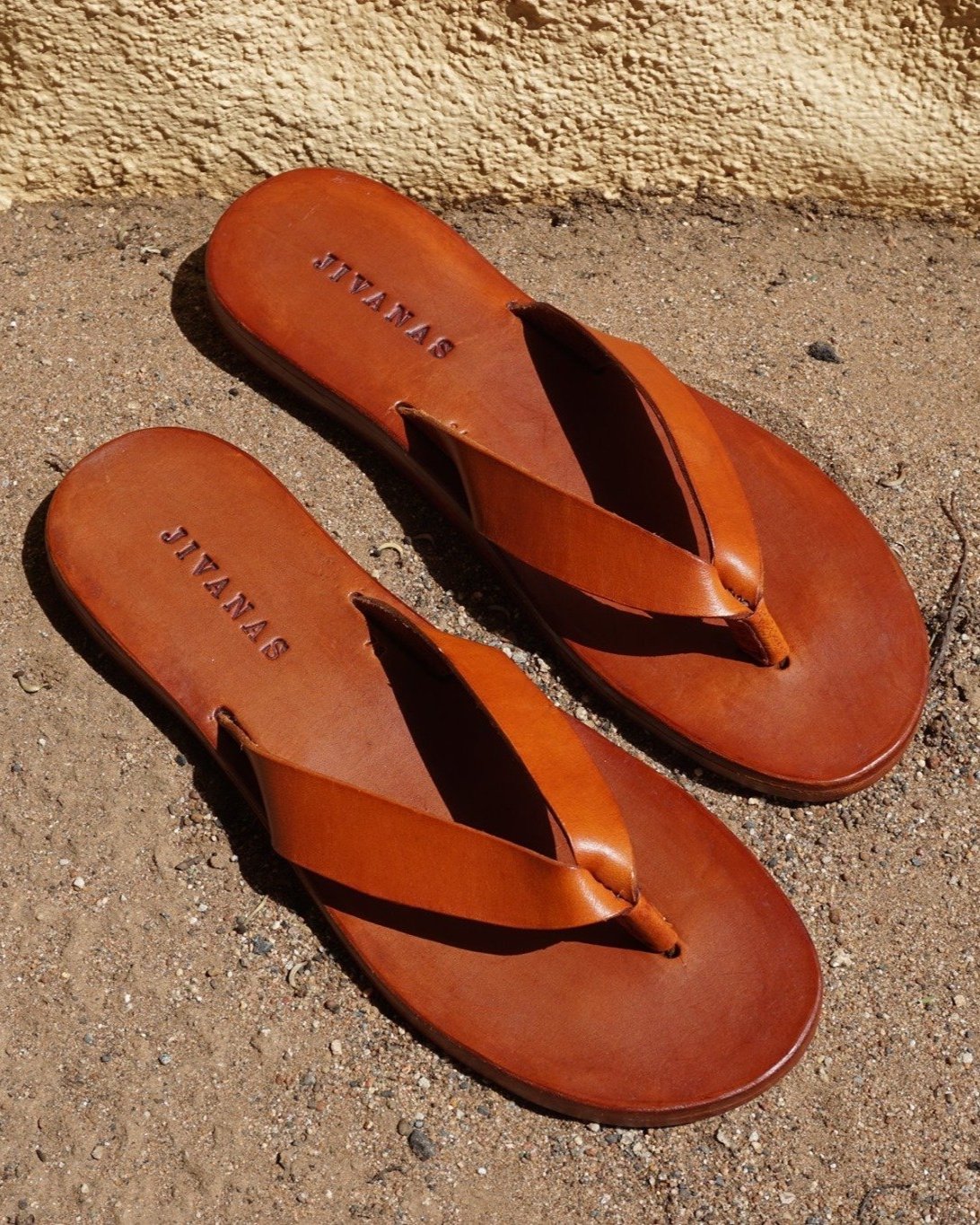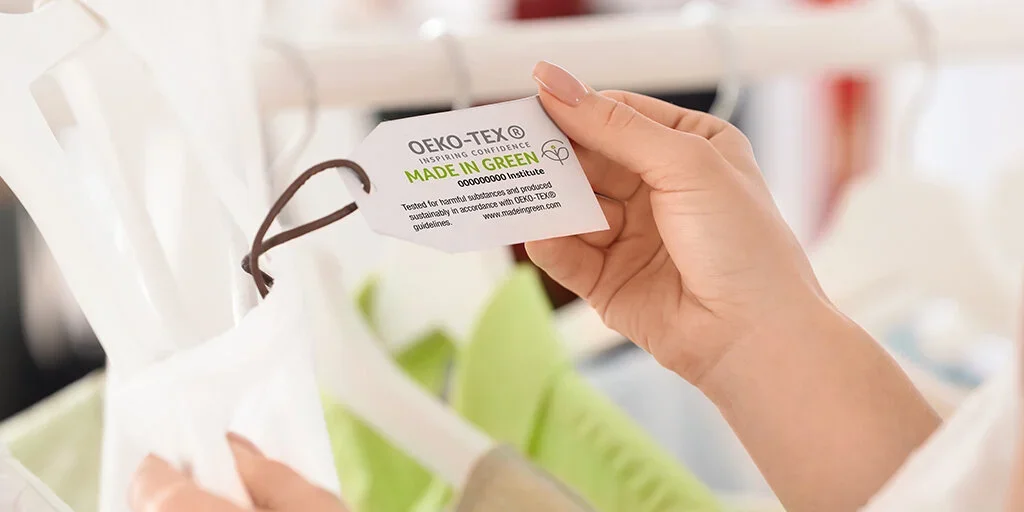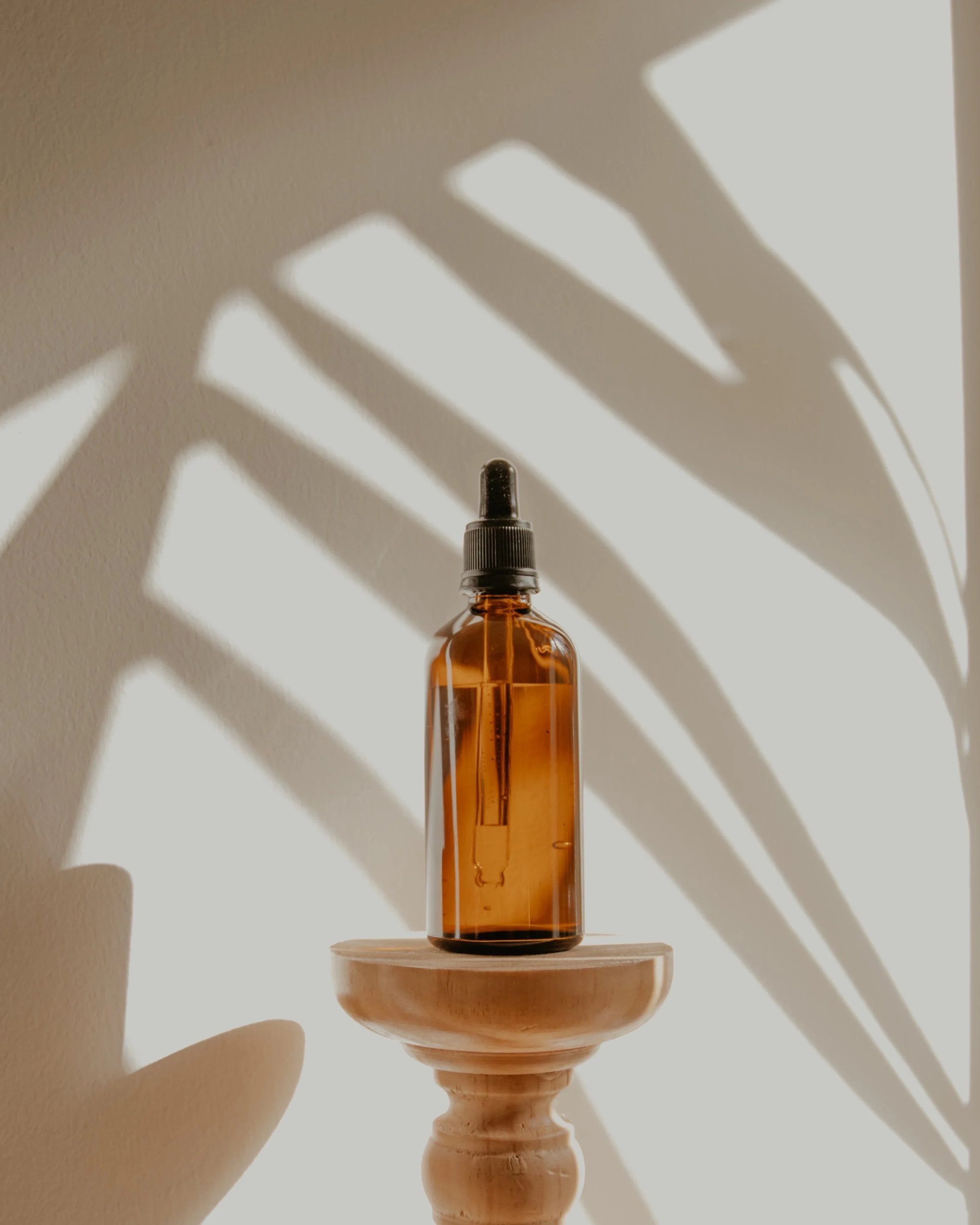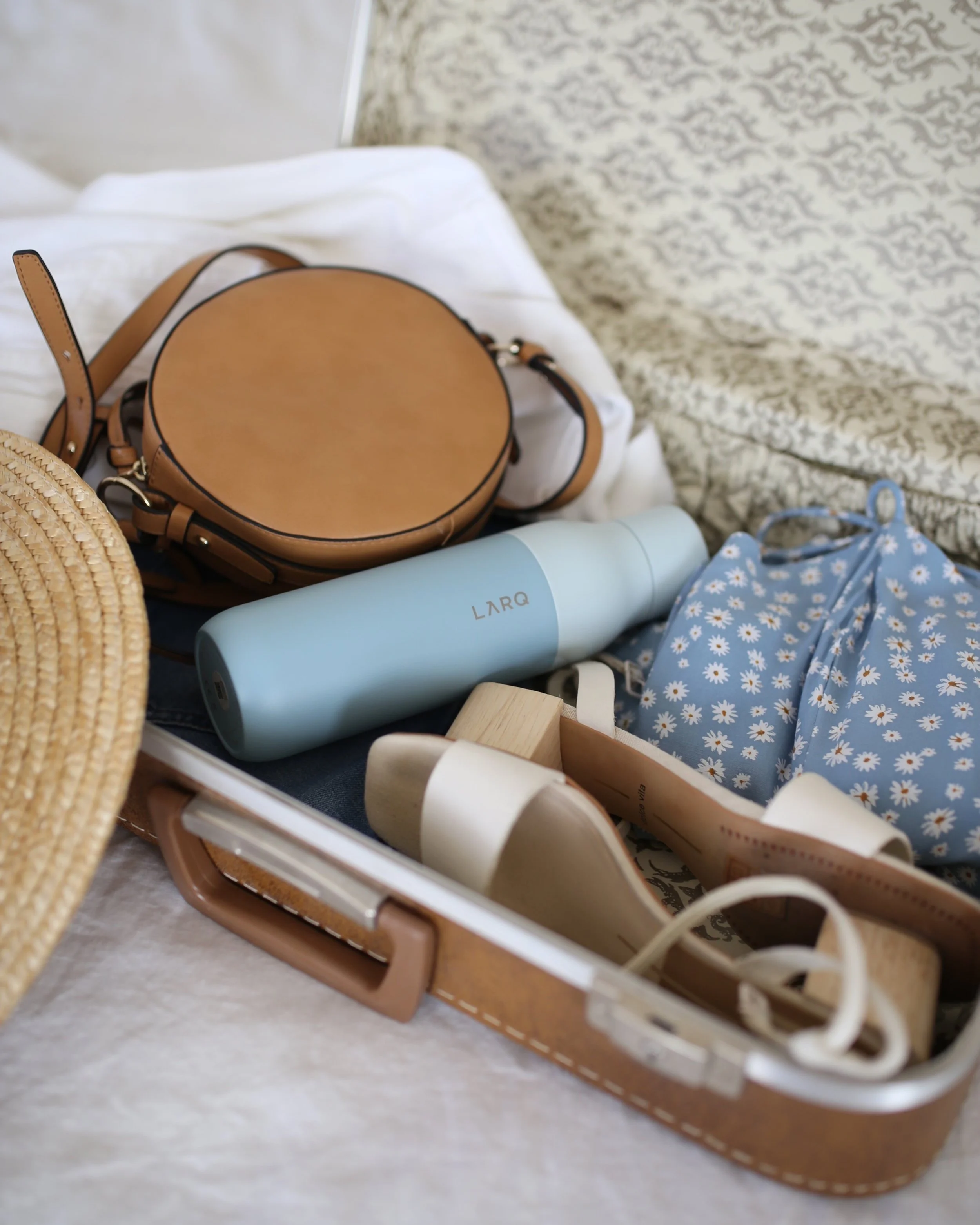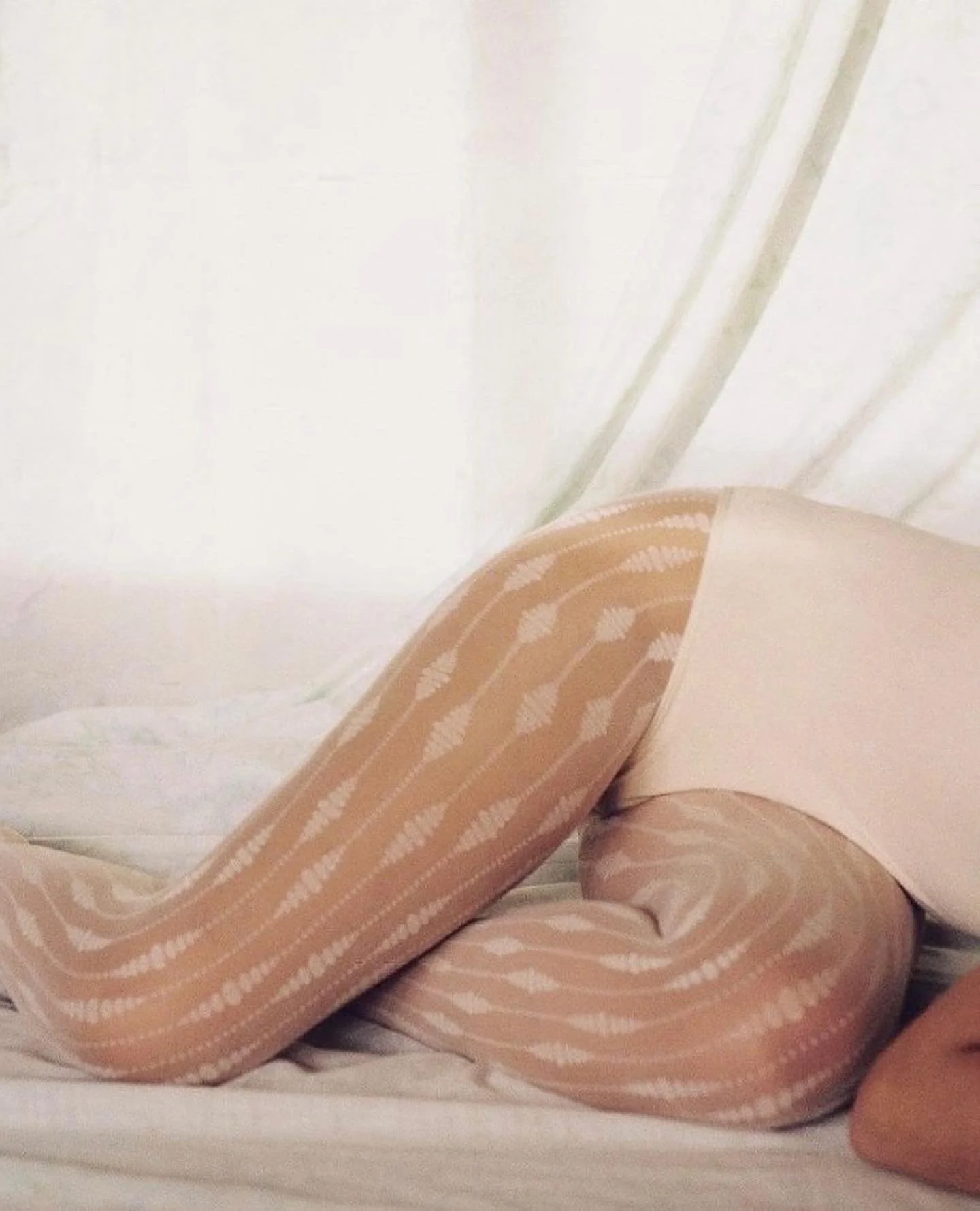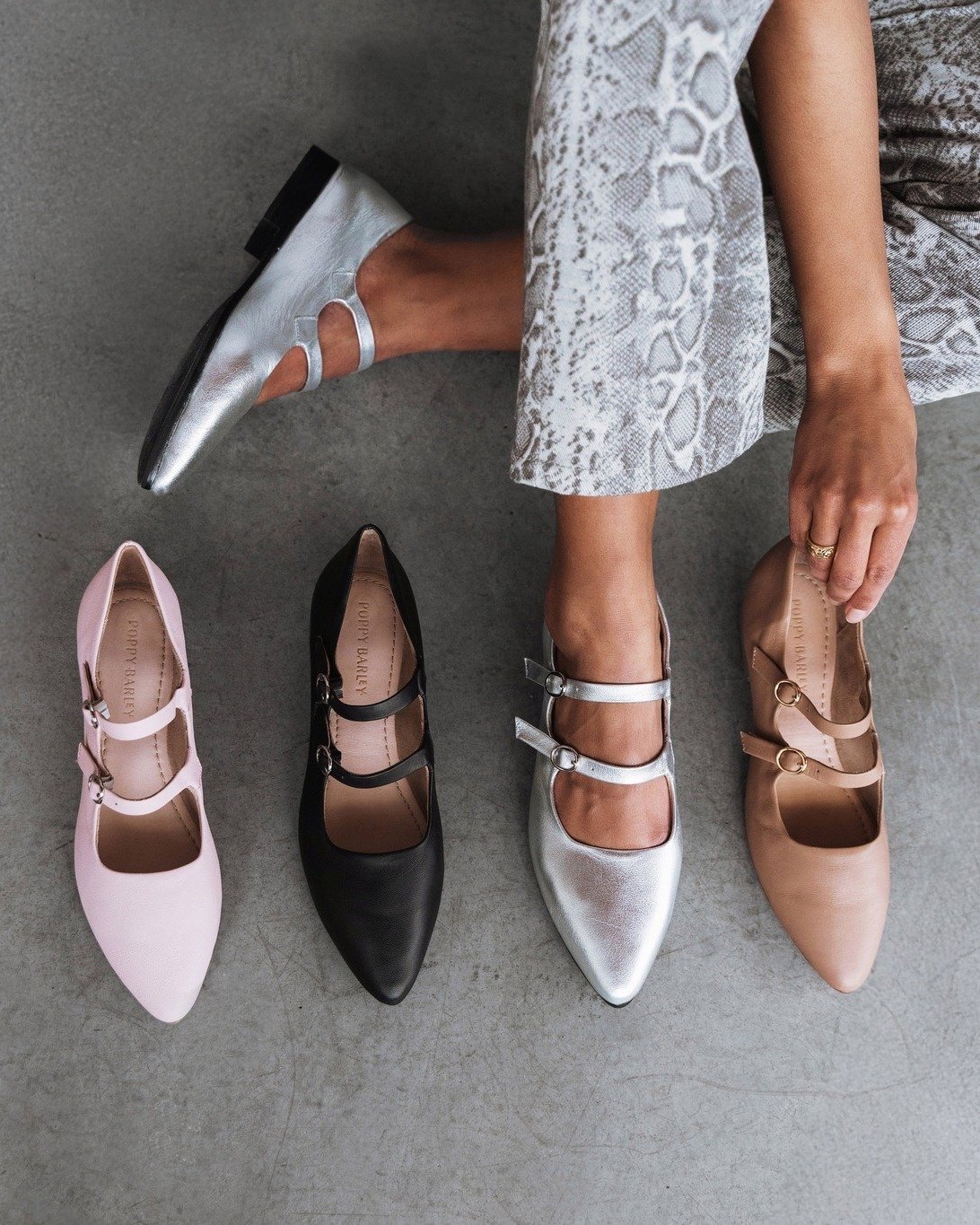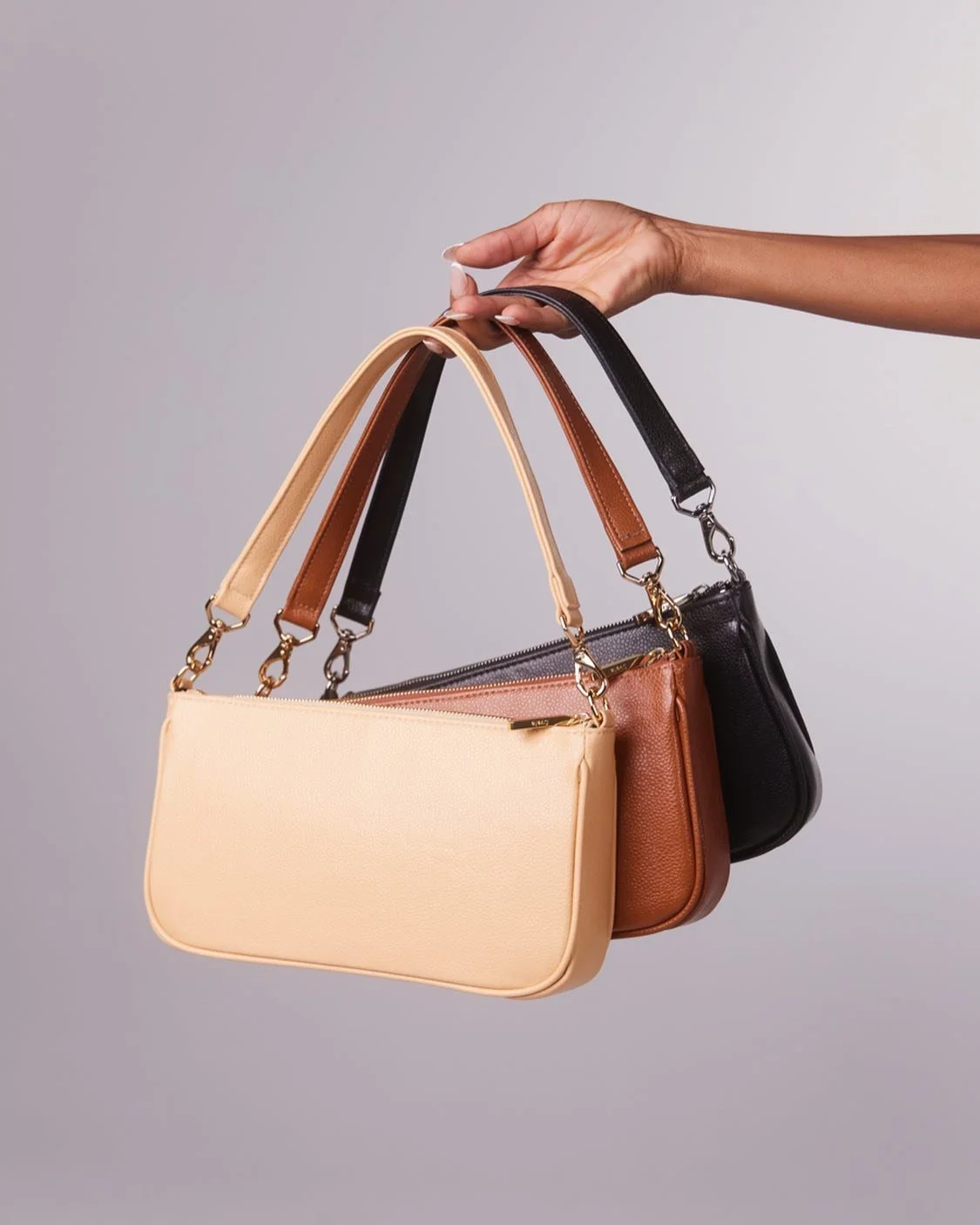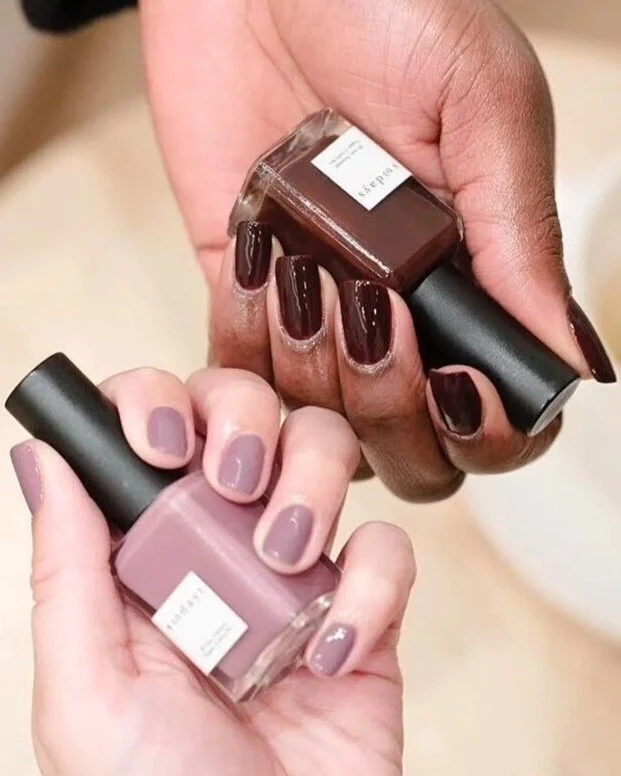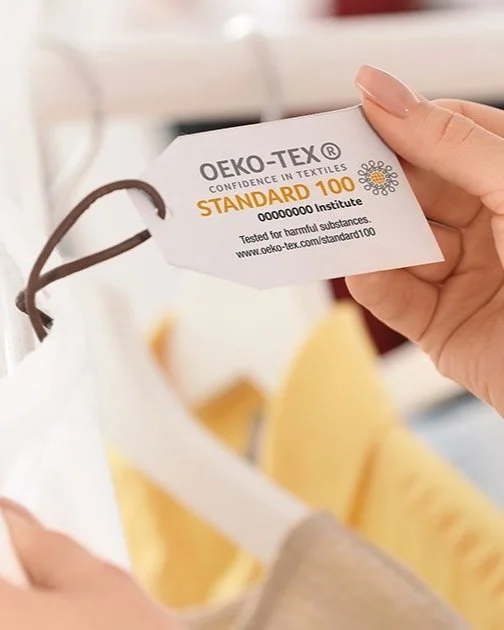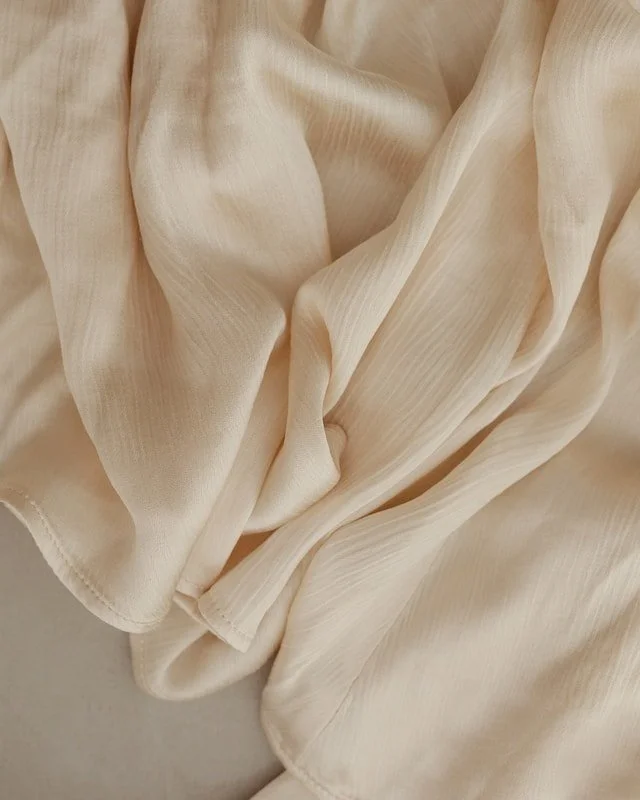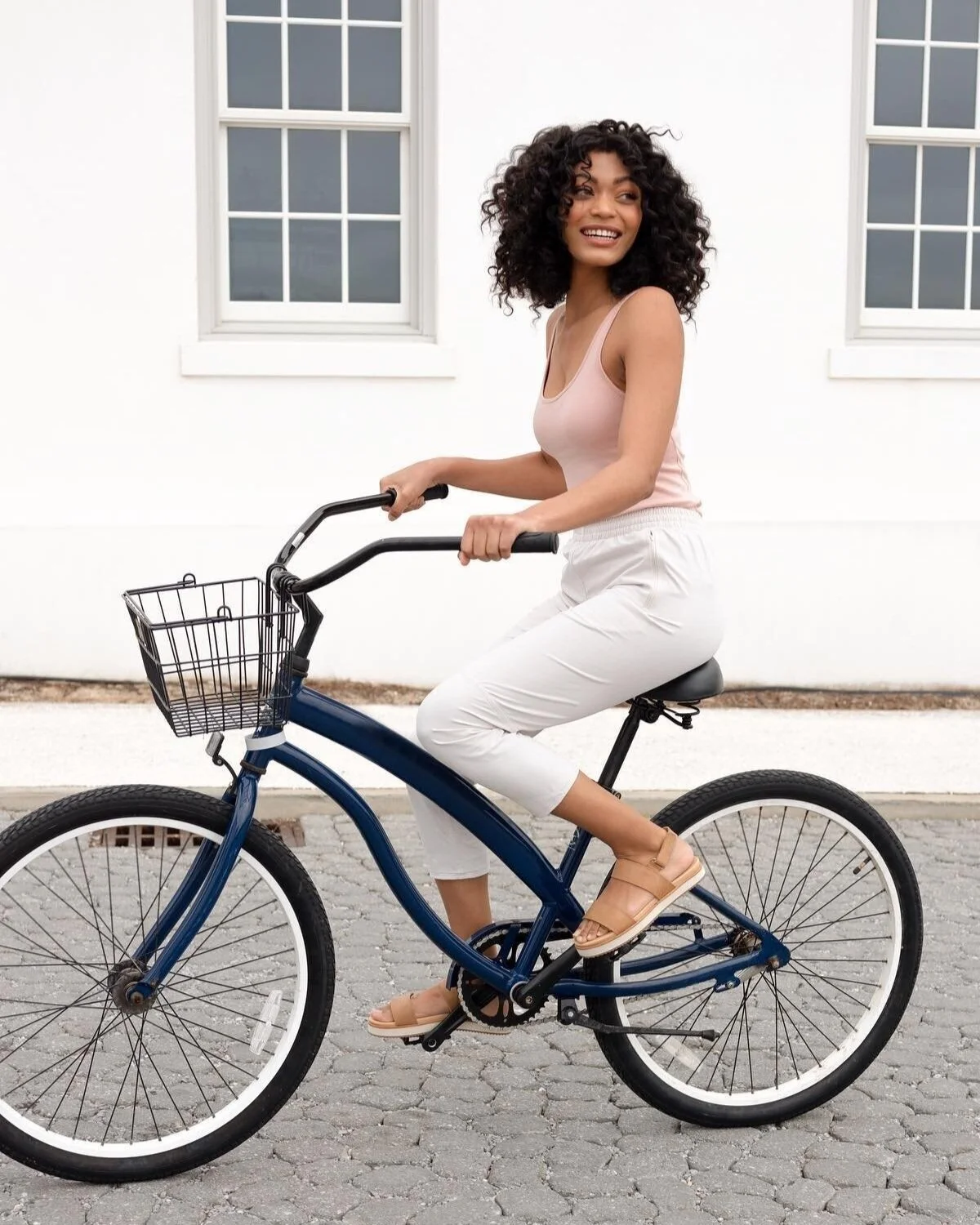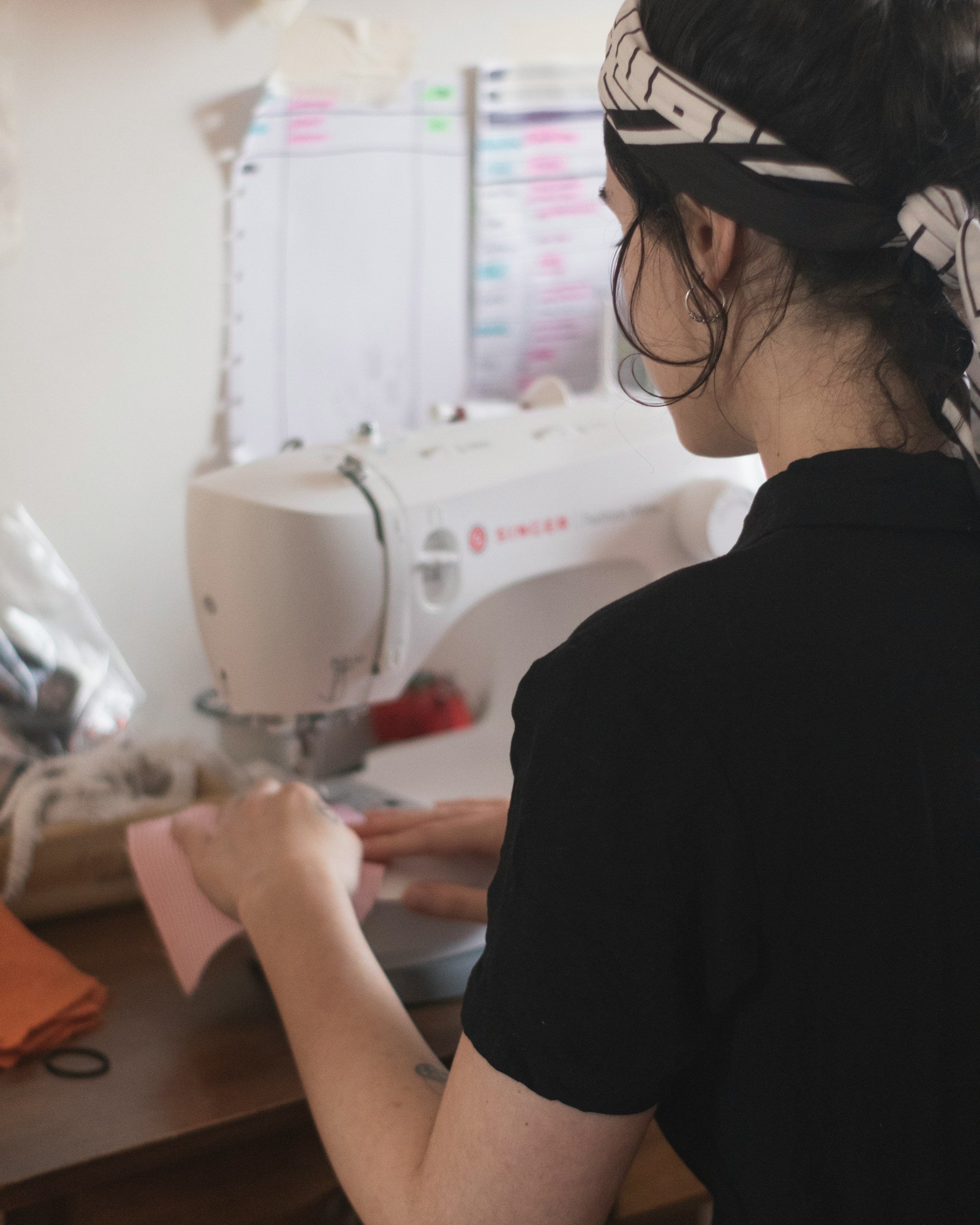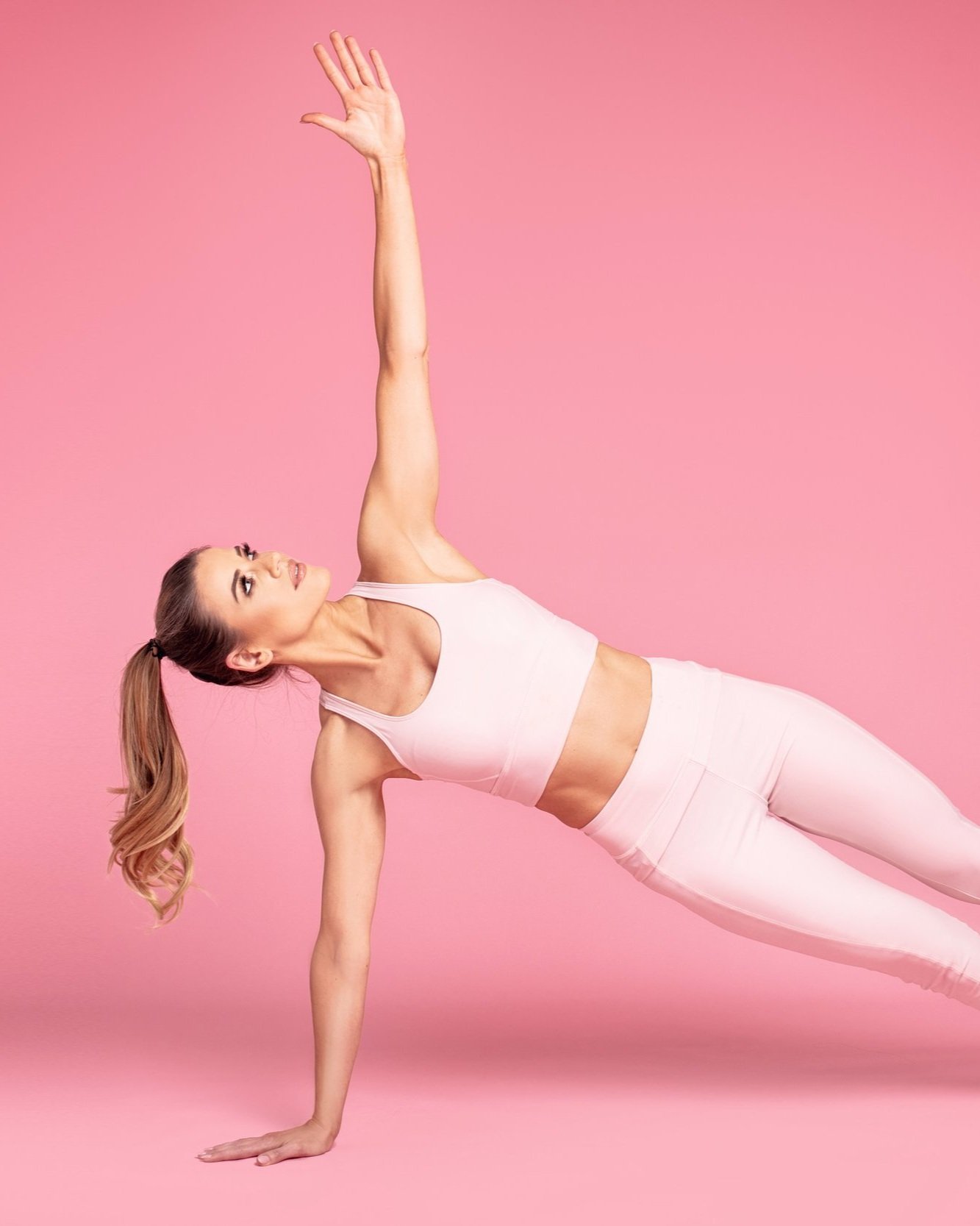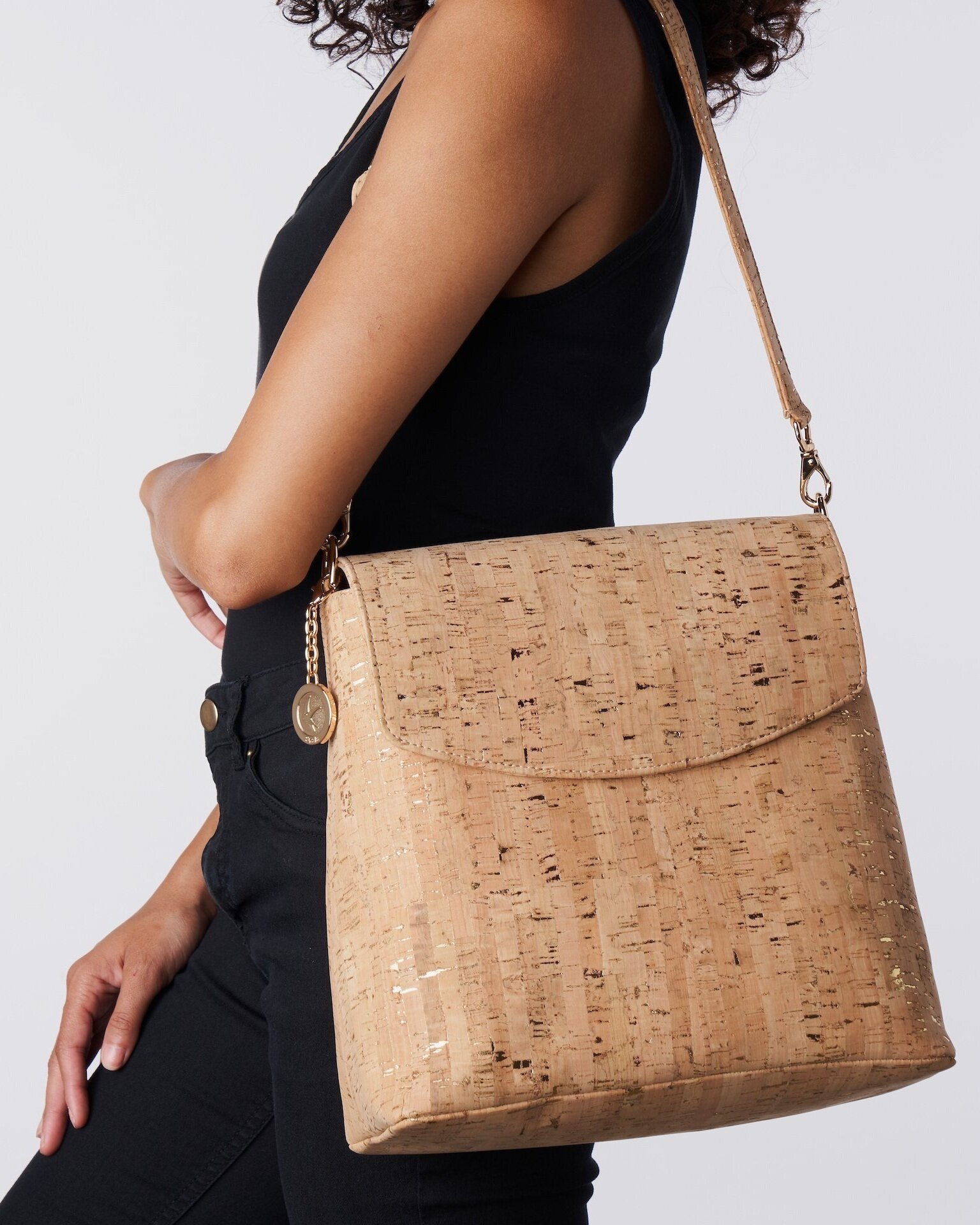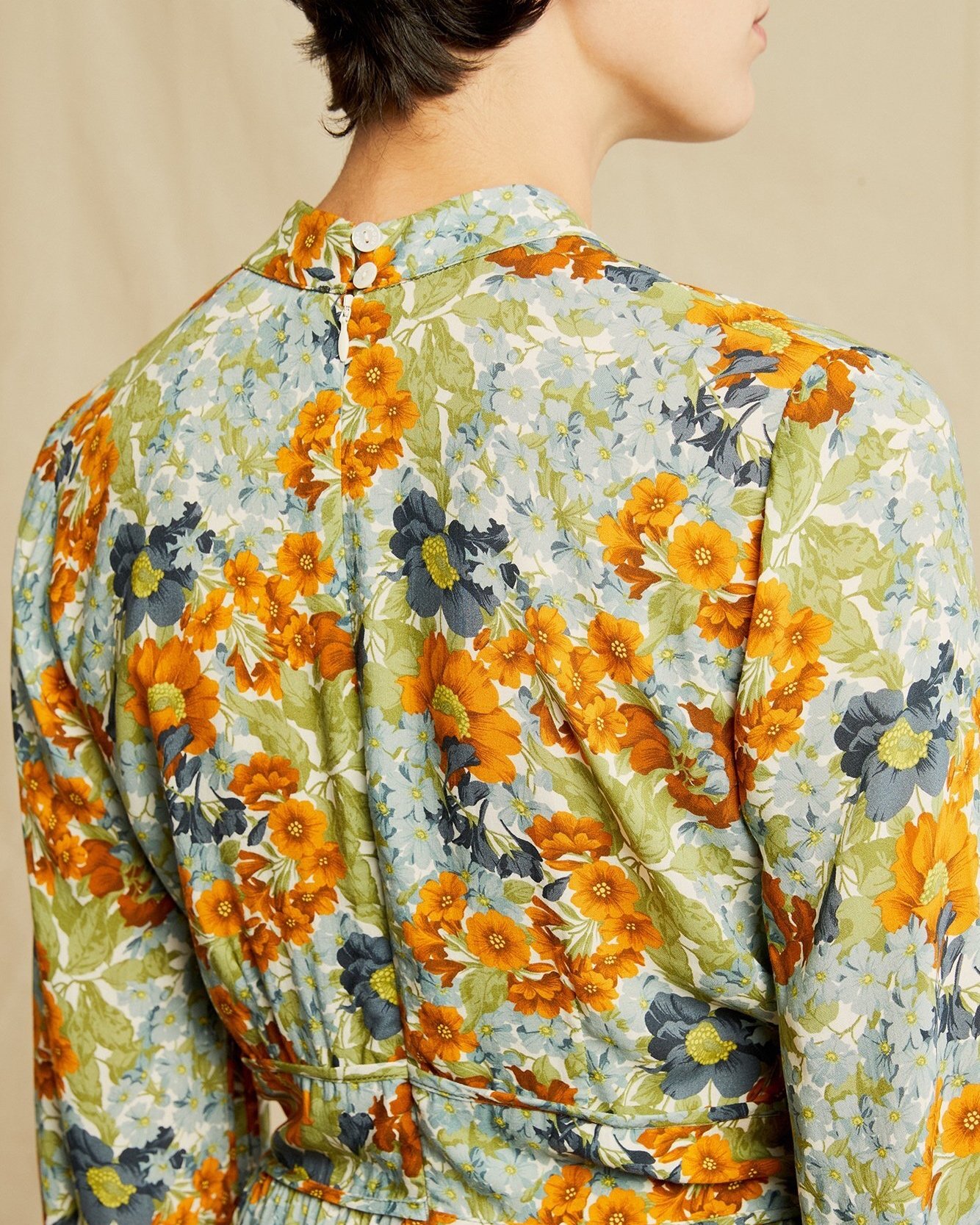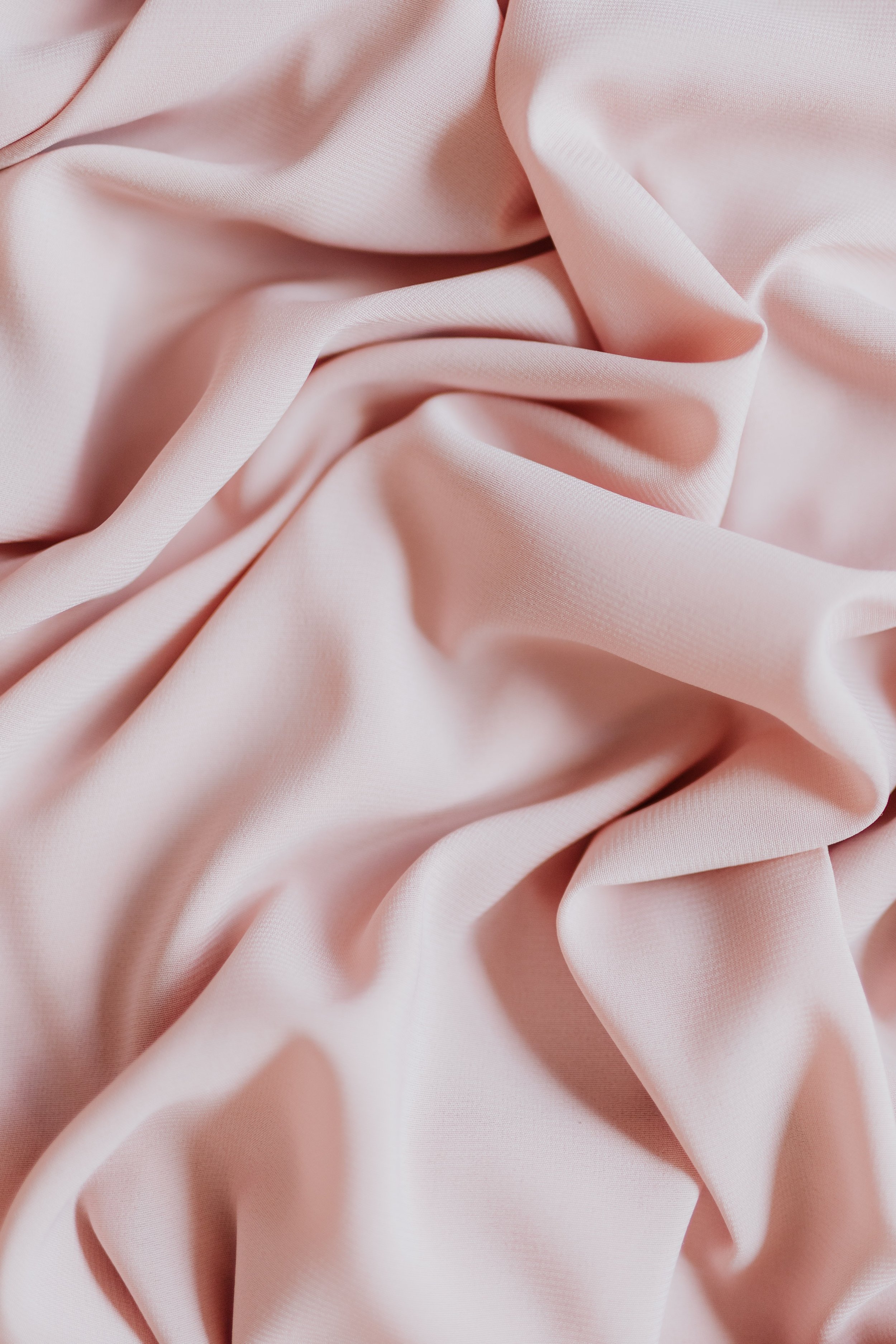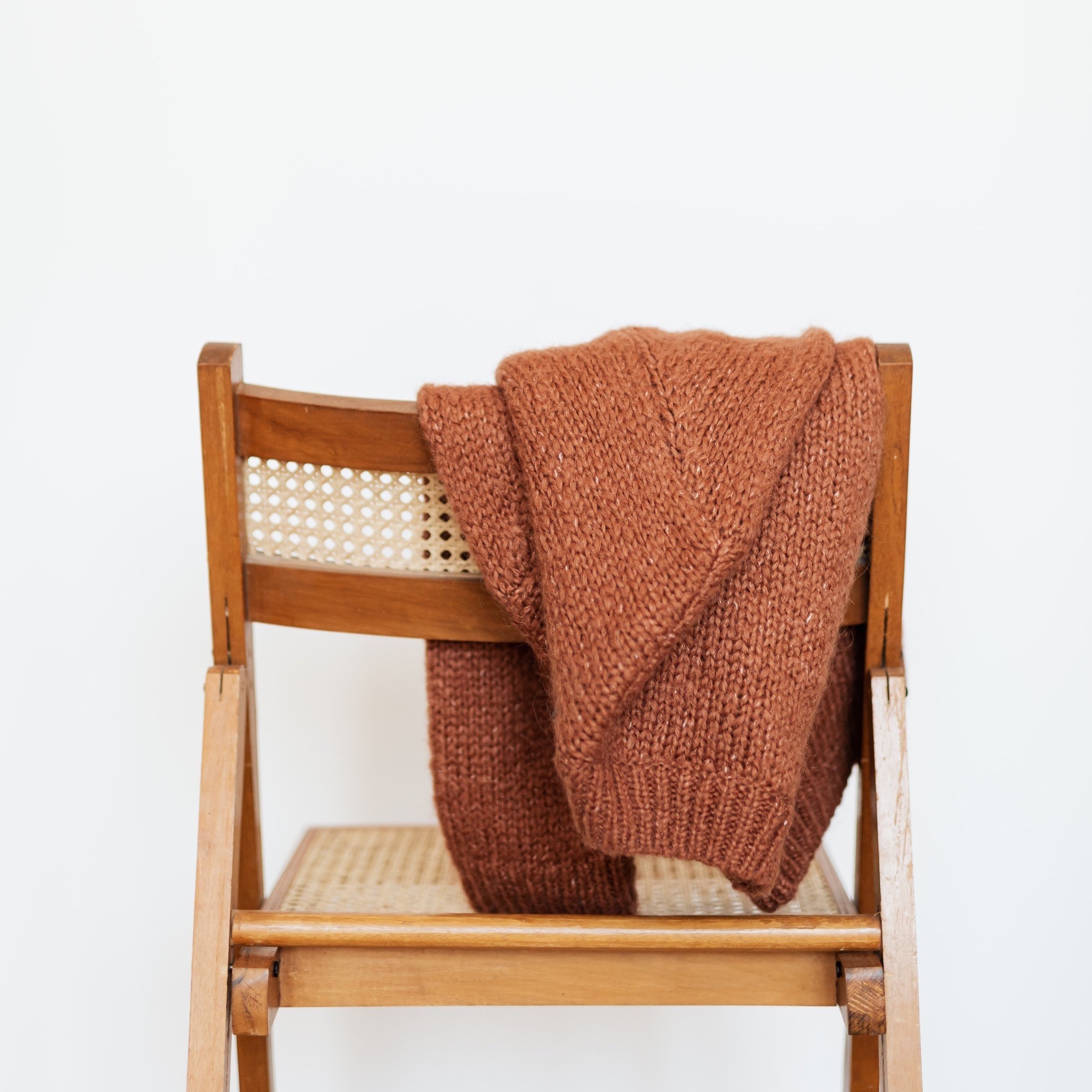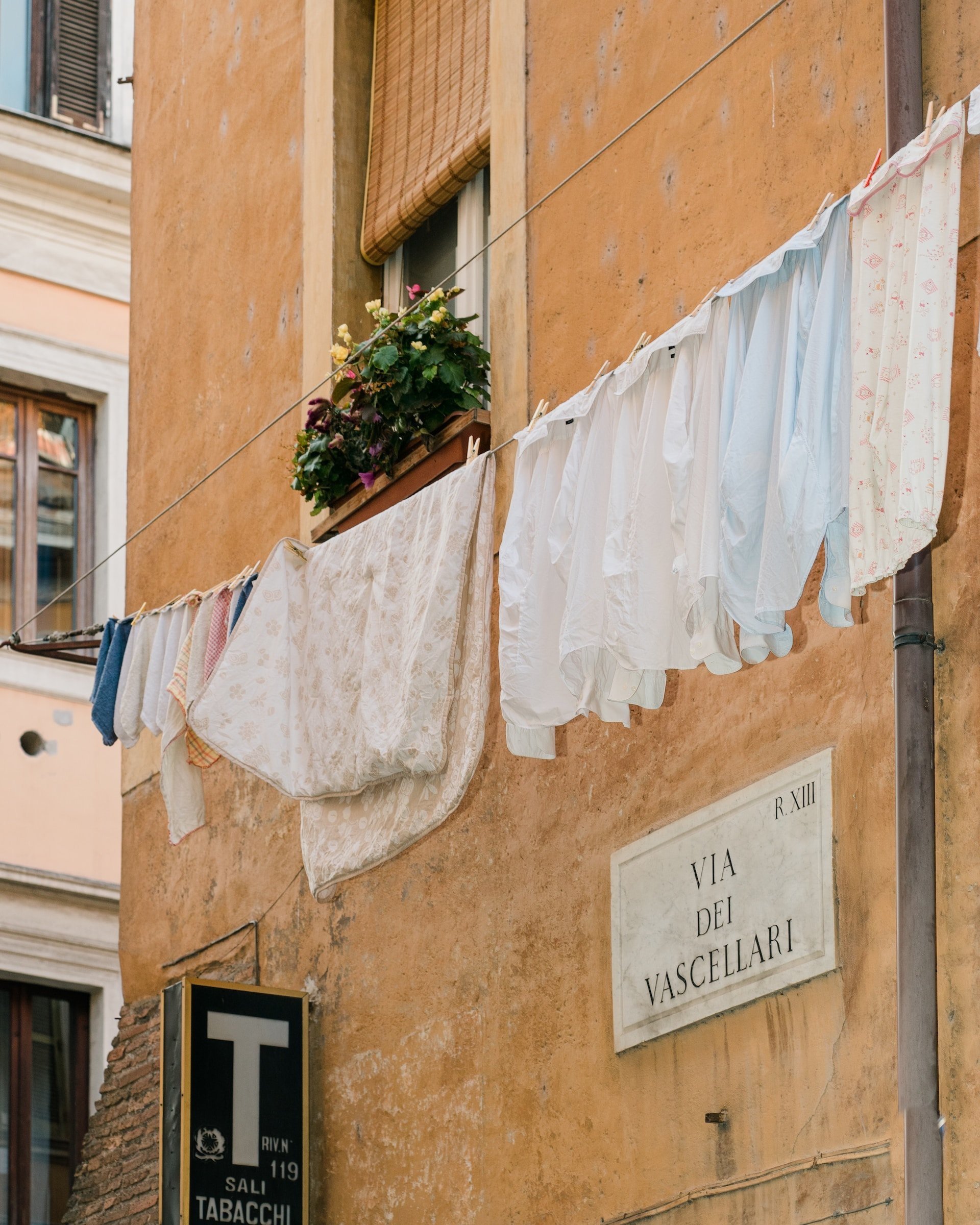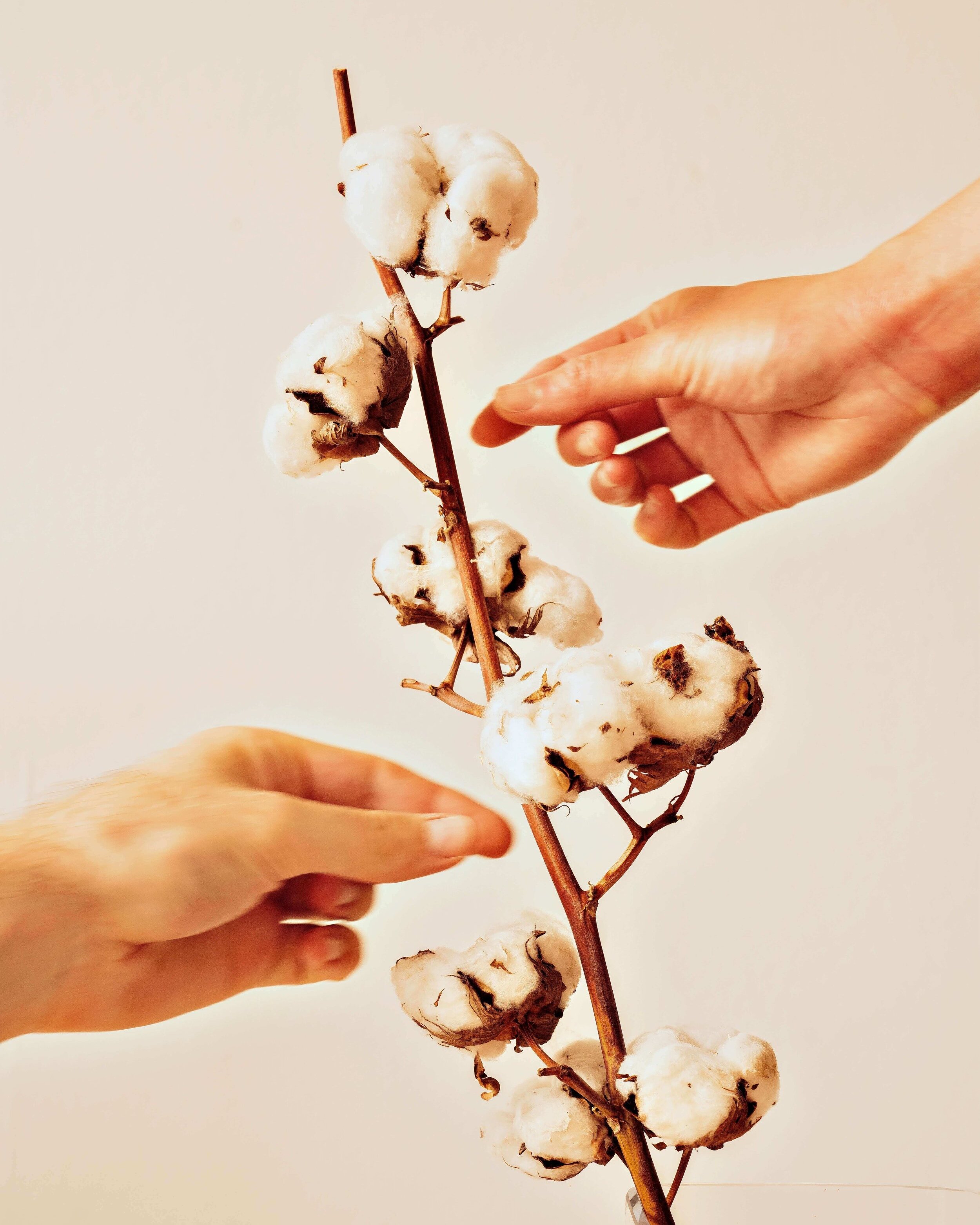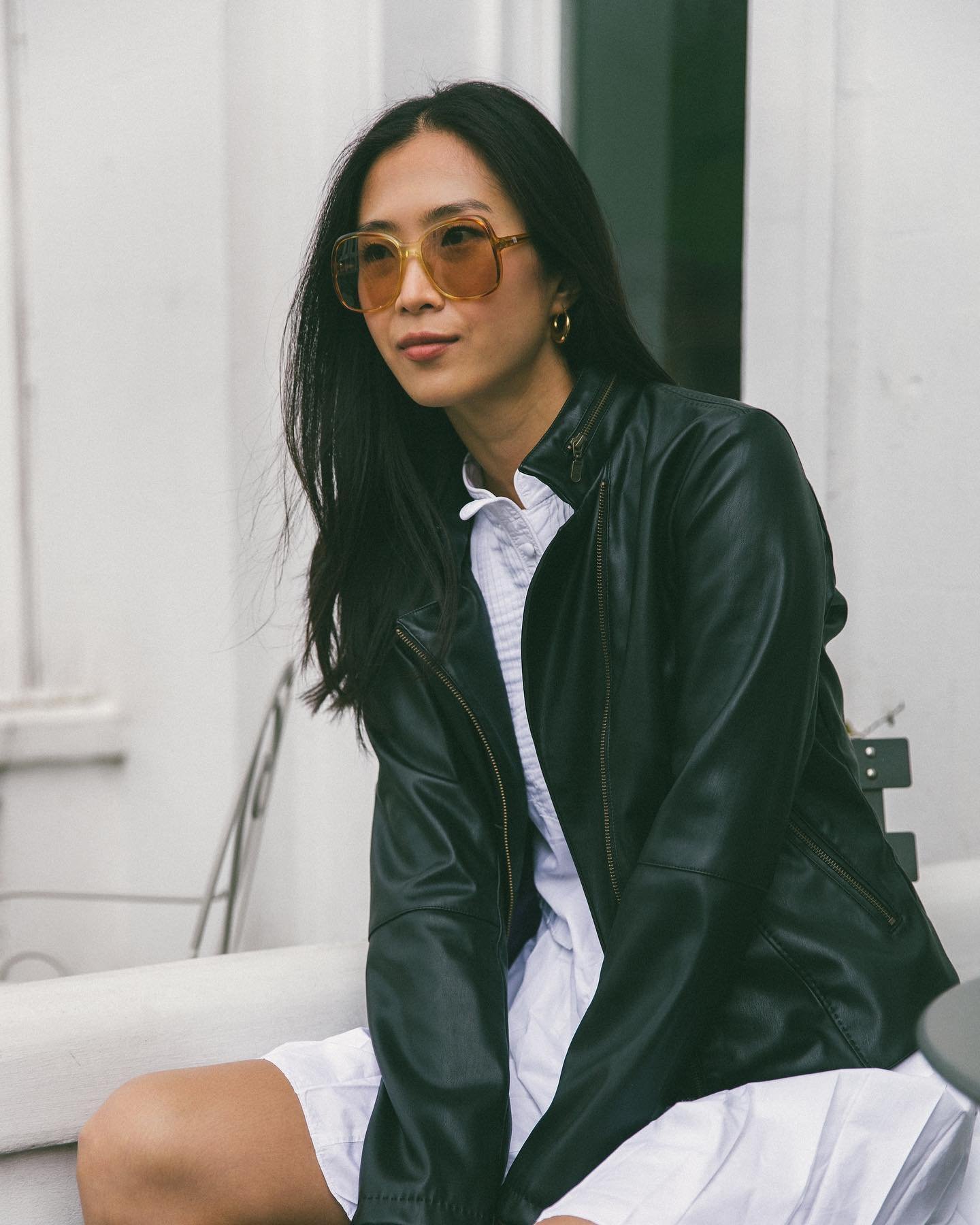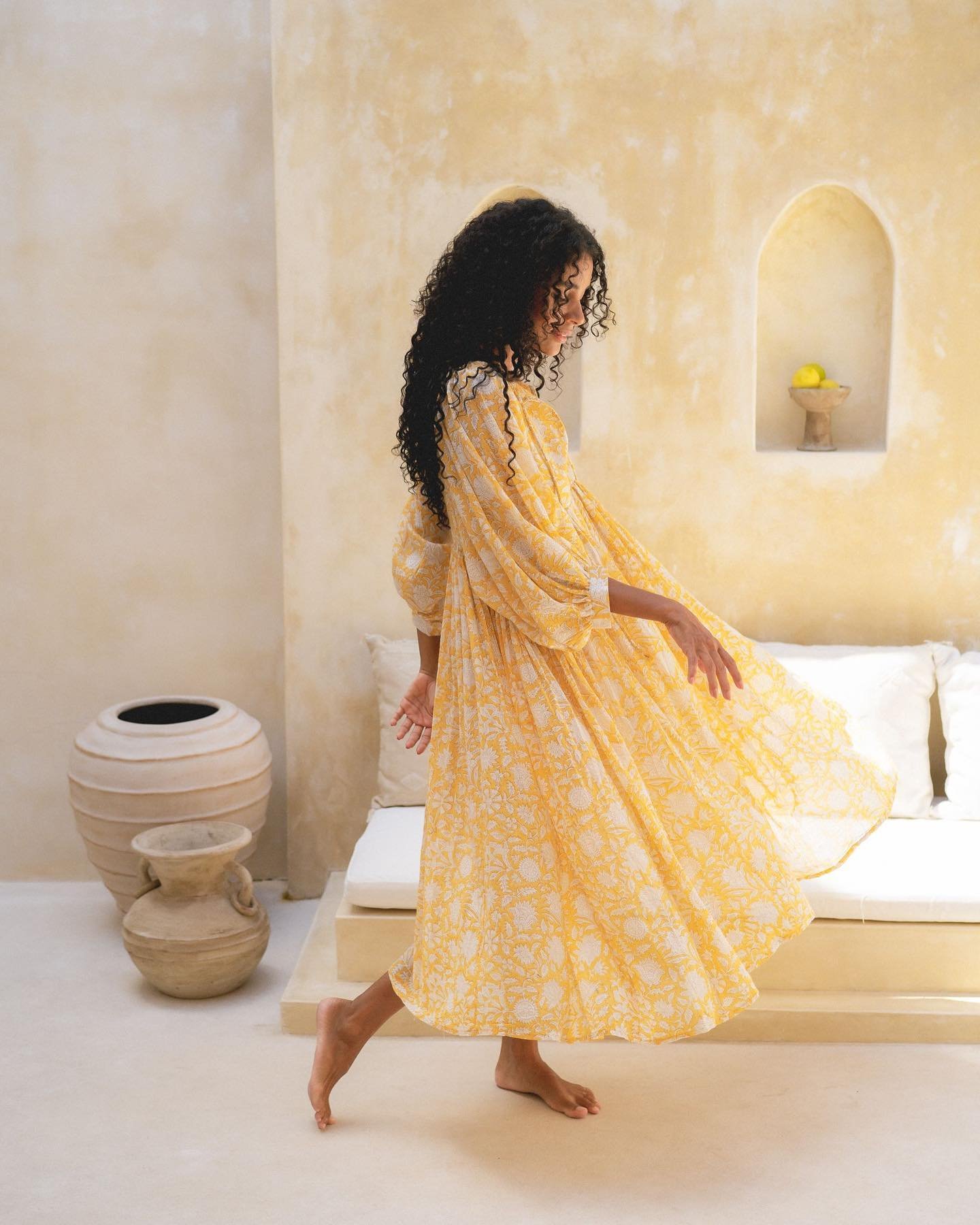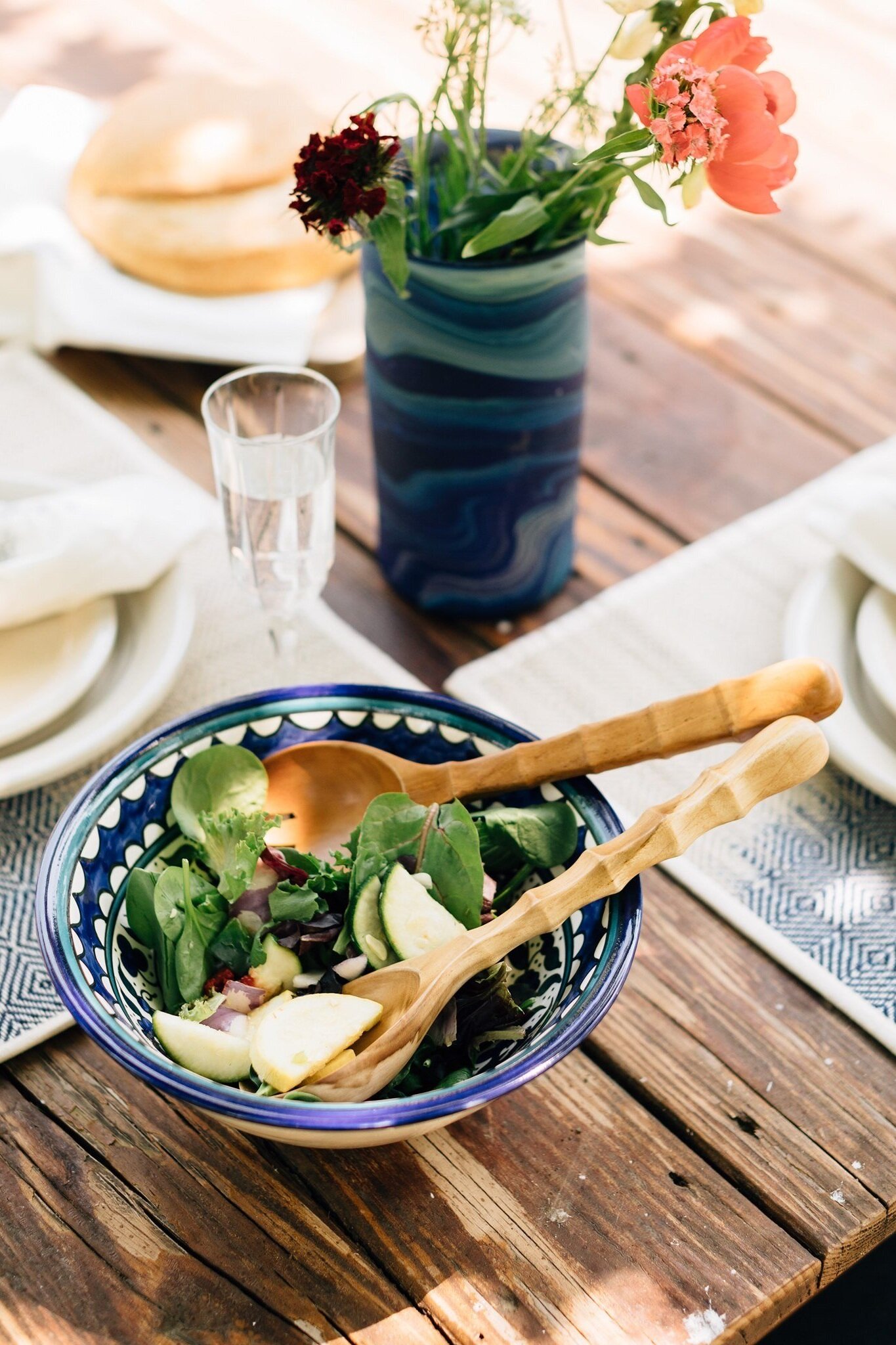Circular Economy and Tech Innovations
Our current world economic systems are broken. These systems were built on consumerism and capitalism and focused on earning more, consuming more, and creating more — without much thought to Earth’s finite resources.
These mistakes are catching up to us now.
The planet is rapidly losing its resources. According to The World Counts, “If Earth’s history is compared to a calendar year, modern humans have been around for 37 minutes and managed to use up one-third of Earth’s natural resources in the last 0.2 seconds.”
That’s not good.
If we continued at our current pace, we’d require almost one more entire Earth to sustain our ravenous systems. Something’s got to give.
And it has. Conversations around circular economy frameworks are quickly gaining ground. Researchers, scientists, and economists are collaborating to figure out how to optimize the use of Earth’s resources so we give back to the planet more than we take.
Technology will play the main role in turning these conversations into actions. If you want to know what that will look like for our future, stick around as we open our discussion
What Is A Circular Economy?
An economy where businesses and consumers are focused on using materials and goods for as long as possible through constant repairing, mending, fixing, and reusing.
Things are rarely thrown away in a circular economy. Instead, they are donated or repurposed but always kept in circulation. More importantly, the circular economy uses raw materials sourced ethically and sustainably from the land to bring the net effect of human impact to an absolute zero.
Sure, currently in its infancy, the circular economy seems like a lofty concept rather than a workable reality.
But tech innovation is bringing that reality into the present. Businesses are becoming more aware of the good circular economy brings and how it propels sustainability to new heights. Here’s a great post on the potential of circular fashion to end clothing waste.
When we demand circulatory practices from our favorite brands, we incentivize businesses to make long-lasting, enduring products. On the one hand, it helps humanity and the planet, and on the other, it emphasizes quality over quantity, putting an end to fast living and careless consumption.
The Relationship Between Circular Economy and Tech Innovation
Circular economy and tech innovation are in a co-dependent relationship. If the circular economy has to become a dominant reality, it must be built with tech innovation or it won’t be sustainable.
Similarly, for tech innovation to continue and accelerate, raw materials and components needed to sustain its pace and direction must be sourced responsibly and ethically, or soon, there won’t be enough around to help innovate technologies.
As this relationship becomes more entrenched, our future becomes a more hopeful possibility. A zero-waste future, resource-generative manufacturing, and sustainable tech advancement can all become a reality.
Look at this next section to see how it has already started.
5 Ways Circular Economy and Tech Innovations are Shaping Our Future
Secondary Electronic Markets Reducing E-Waste
Electronic waste is the fastest-growing toxic waste stream in the world. We can’t talk about sustainability without addressing the challenge of e-waste. Electronic waste refers to discarded or outdated tech items we throw away in landfills as waste.
Environmental exposure causes these discarded electronics to disintegrate and leak toxic chemicals into the air, water, and soil. This ecological contamination affects the environment and harms human health and communities.
However, technology and circular economy principles have come together to provide several solutions.
One of these solutions is secondary electronics markets. Places like eBay but more niche. These hyper-niche electronic re-sale platforms enable you to sell your old laptops or smartphones for cash. For those who find recycling a chore and have no professional e-waste recyclers nearby, these secondary markets allow them to put their old tech items back into circulation.
LASER Framework Greenlighting Tech Innovation
We all know technology must innovate to sustain life and the economy, but most tech innovation ignores environmental costs when taking the next leap.
The LASER framework, developed by the World Economic Forum, is a groundbreaking model of sustainable tech innovation that puts circular economy goals at the center of everything. It forces tech experts and innovators to consider if their proposed innovation is circulatory enough.
If it’s not, they must go back to their research and drawing board and improve the technology to ensure it has what it needs to participate in the circular economy.
The LASER framework consists of the following 6 steps:
Alignment of internal and external factors
Life cycle of the product innovation
System enablers and value chains
Economic viability
Resource planning for efficient execution
Alignment for commitment and action
By being LASER-focused on circulatory principles, innovators and leaders develop better, more enduring, and more purposeful innovations for the economy and the planet.
Industry 4.0 Offers Greater Supply Chain Visibility
Industry 4.0 refers to the digitization and automation of manufacturing processes by constantly creating and evolving solutions and technologies that optimize resource use. It directly connects with the circular economy by ensuring fewer resources are used to achieve the means and by designing (and producing) products that can be easily disassembled and repaired.
In a typical economy, supply chains are guarded, and end users usually don’t know how their products are made. Circular economy models reject these standard practices.
Circular economies, by default, are more transparent. Every step of the supply chain is visible to those in the next stages of the cycle to ensure optimal resource use, efficiency, and productivity. This enables consumers to choose ethical and sustainable products and services incentivizing businesses to continue innovating sustainably.
AI Facilitates 3D Modeling Reducing Sample Manufacturing
Sample manufacturing is integral to several industries, including fashion and textile. Samples are used to analyze the functionality and efficiency of the product, constantly iterating and making it better. This requires rapid prototyping of several sample sizes, types, and features — making this a resource-expensive process.
Fortunately, tech innovation has made AI-enabled 3D modeling an ideal solution to this problem. Businesses can nowcreate several unique samples simultaneously, iterate at scale, and speed up production.
3D modeling also eliminates excessive resource use and encourages circulatory manufacturing.
Biodegradable Materials Research Ensures Regeneration Of Natural Systems
Biodegradable materials are those that break down naturally from environmental elements. Either through bacteria or living organisms in the soil. Making our stuff with biodegradable materials ensures that everything we use, or the waste we generate, goes back into the Earth, giving back its resources in some way.
This is called the regeneration of natural systems — which is critical in addressing Earth’s dwindling resources.
Resource regeneration is fundamental to the circular economy, too. It ensures we use fewer resources and give back to the Earth more than we take. Tech innovation is making this desire a functioning reality. Thanks to material researchers,we now know multiple ways to sustain regenerative natural systems.
For example, blockchain technology tells us how our food has reached us and if it has used exploitative logistics or distribution to travel to our plates. Thanks to NASA, we’ll soon become able to detect and sense deforestation in ecologically sensitive areas and hopefully act in time. Thermal imaging is another innovative technology that helps WWF to go after wildlife traffickers.
True, these technologies have a difficult road to travel until they become mainstream and empower quick actions. Still, if we remain steadfast, we can hope for a much greener future than our present right now.
Conclusion
The circular economy holds immense promise for our world. We can use it to fix the economy, the planet, and the future. But alone this great solution has very little power. Technology must play its central and existential role in the revolution.
Innovative technologies within the circular framework are designed to be enduring and sustainable. They also give birth to systems that naturally lean towards sustainability and look at all innovation from that angle.
Perhaps, only a miracle will make it happen but if we succeed in creating sustainability-first tech innovation, a circular economy will emerge as the only viable way to do business. And that will be a wonderful thing for our future and the future of Earth.
Hummingbird International, LLC offers top-quality e-waste management solutions to businesses, corporate groups, commercial entities, and the residential sector. With over a decade of experience in the field, they excel in e-waste disposal, recycling, computer upgrading, dispatch, and making electronic items reusable. Their e-waste collection services are currently available in major regions in the US. Click here to learn more.
MAKE SURE TO PIN THE PHOTO BELOW TO SAVE THIS POST FOR LATER!
WANT TO FIND SUSTAINABLE BRANDS?
The Brand Directory features hundreds of sustainable brands approved by us!
We have broken everything down by category for easy shopping, along with discount codes unique to Sustainably Chic viewers.







